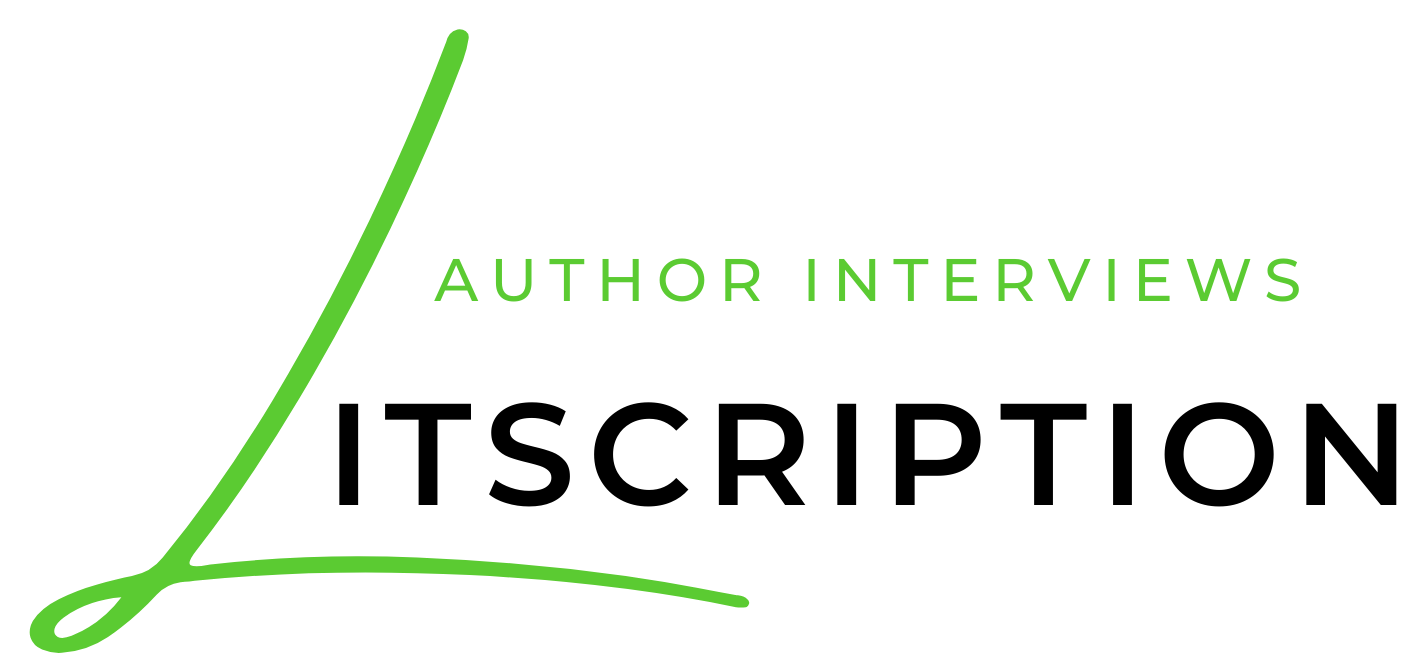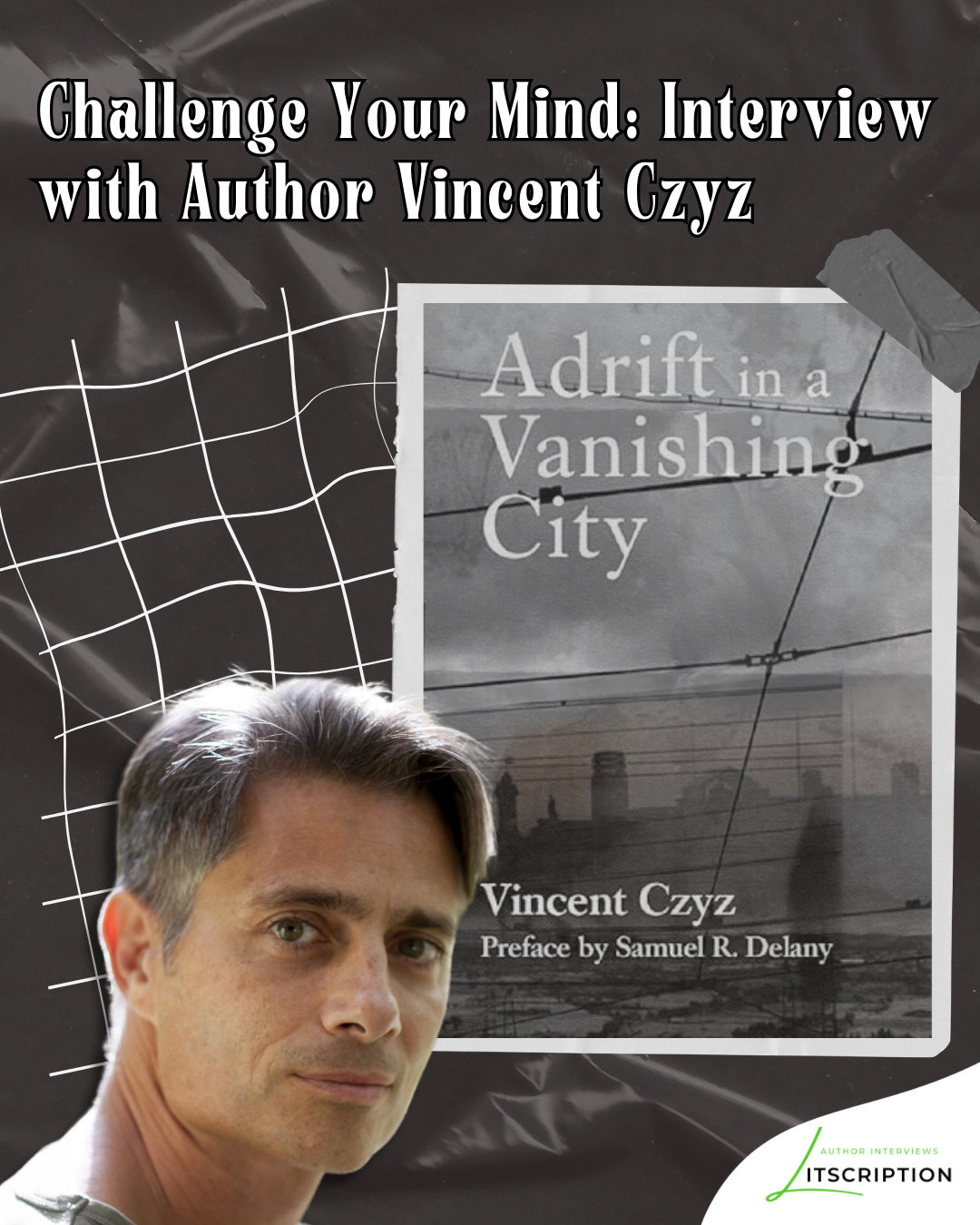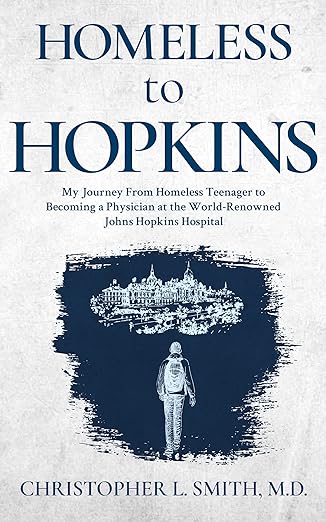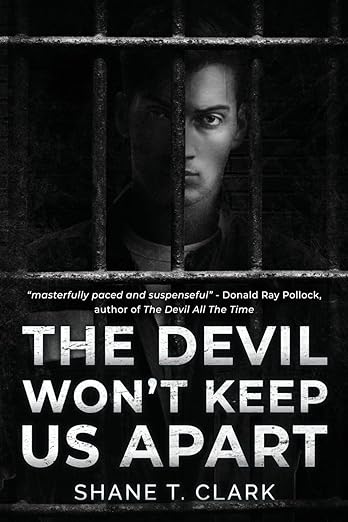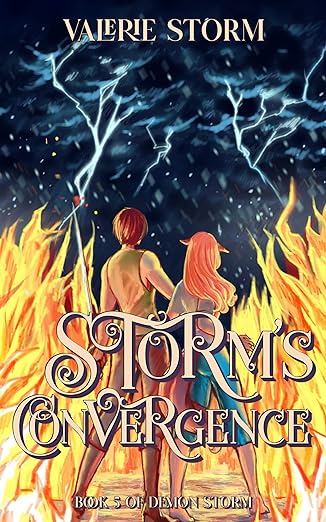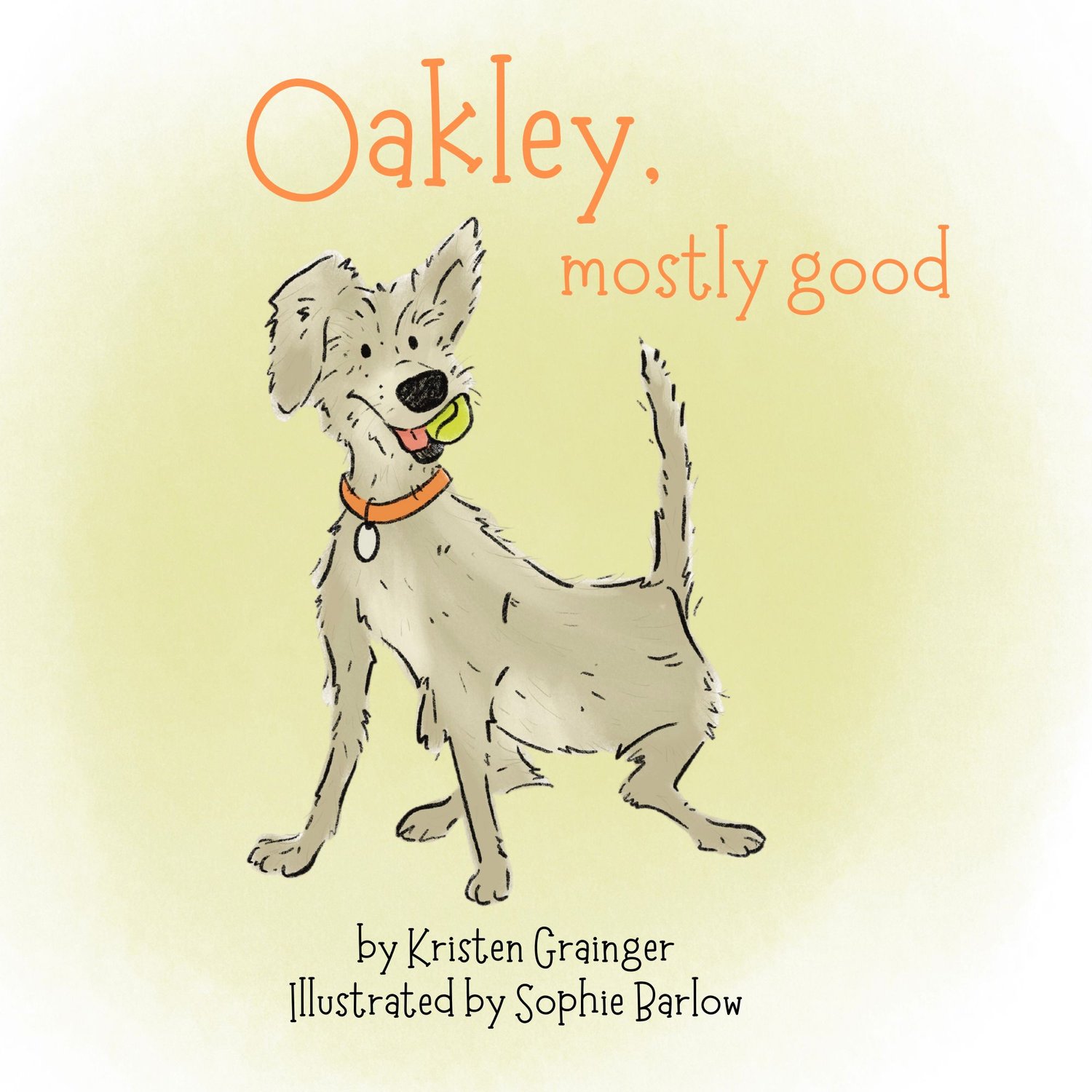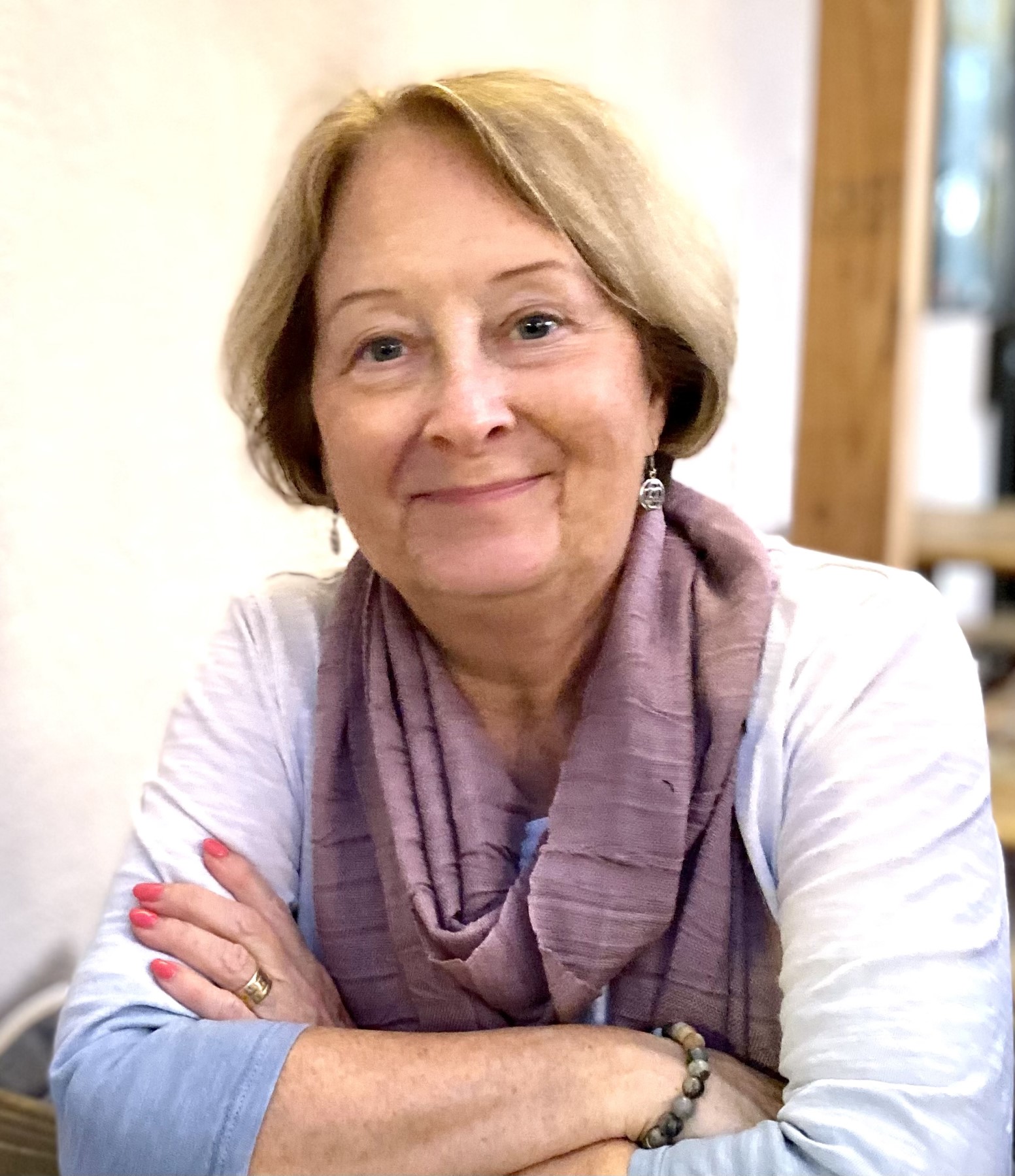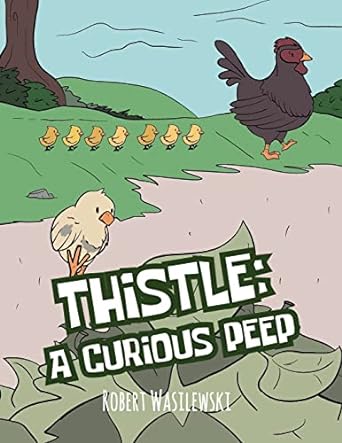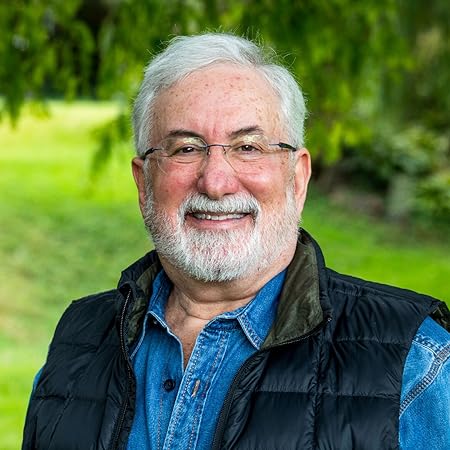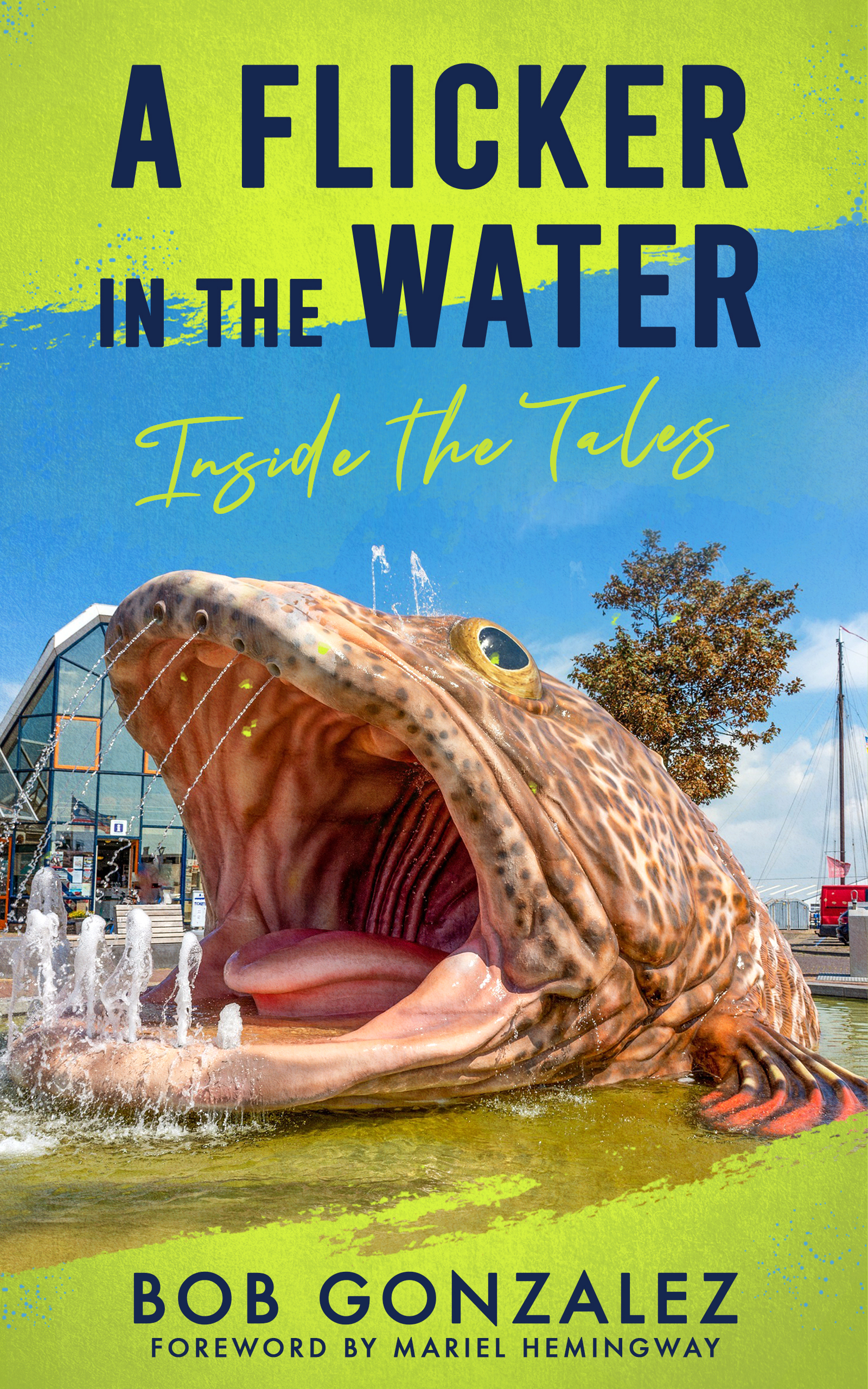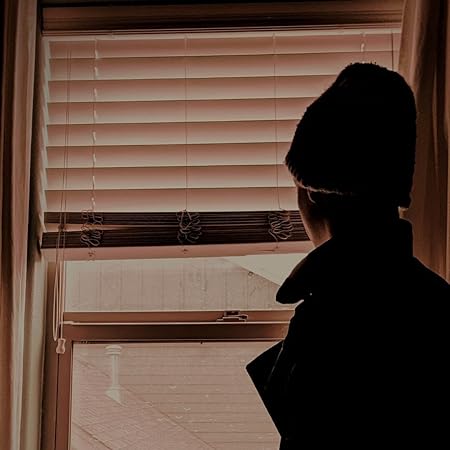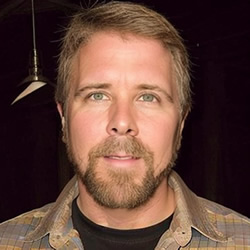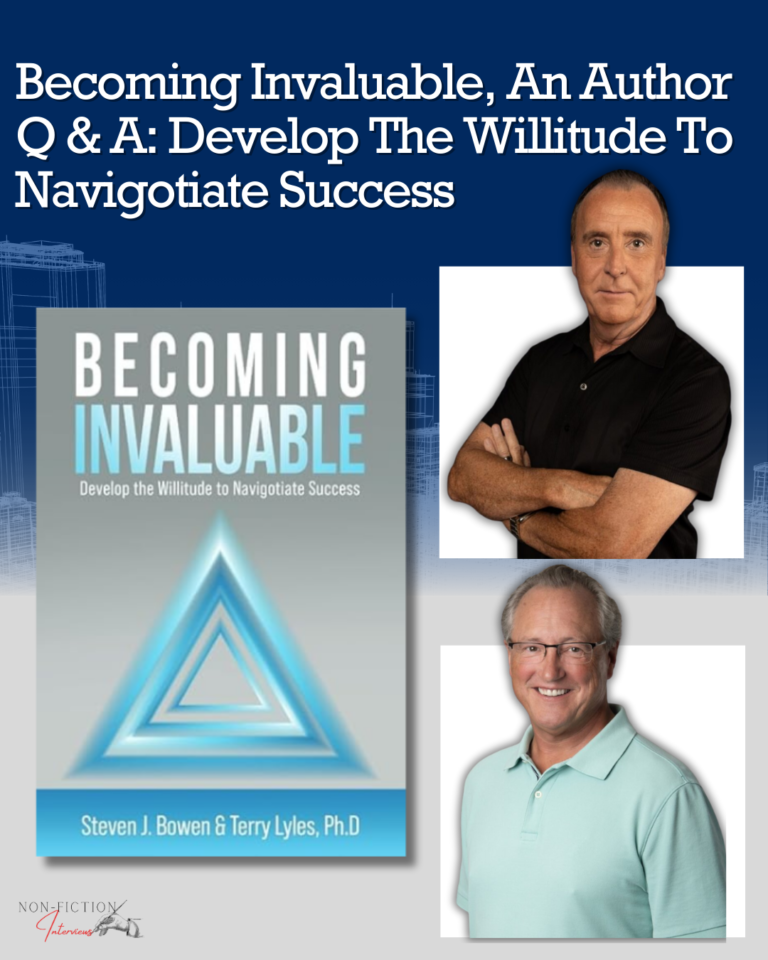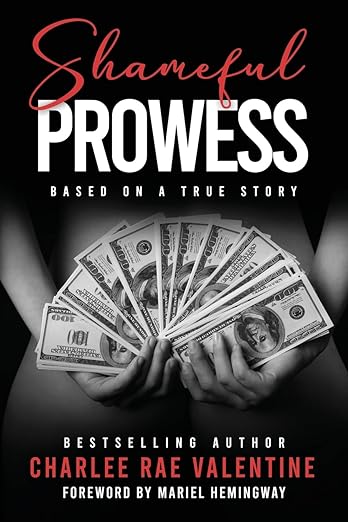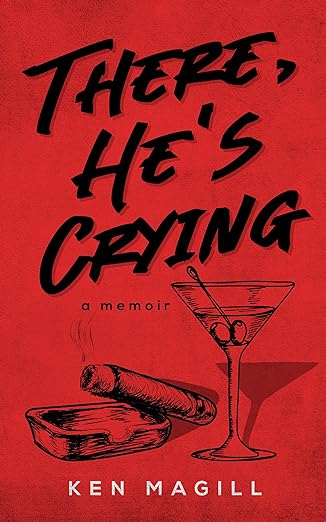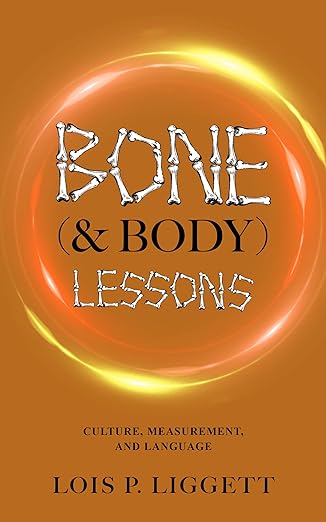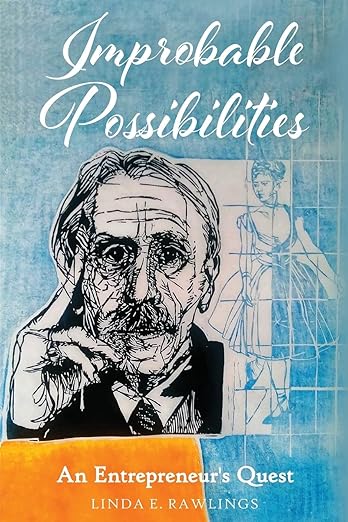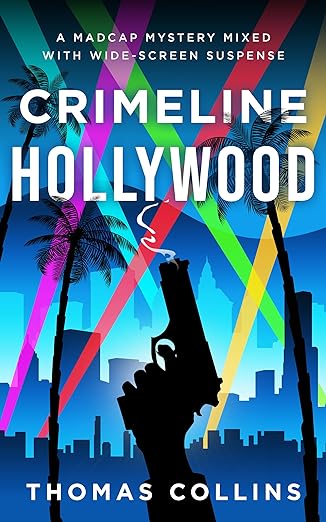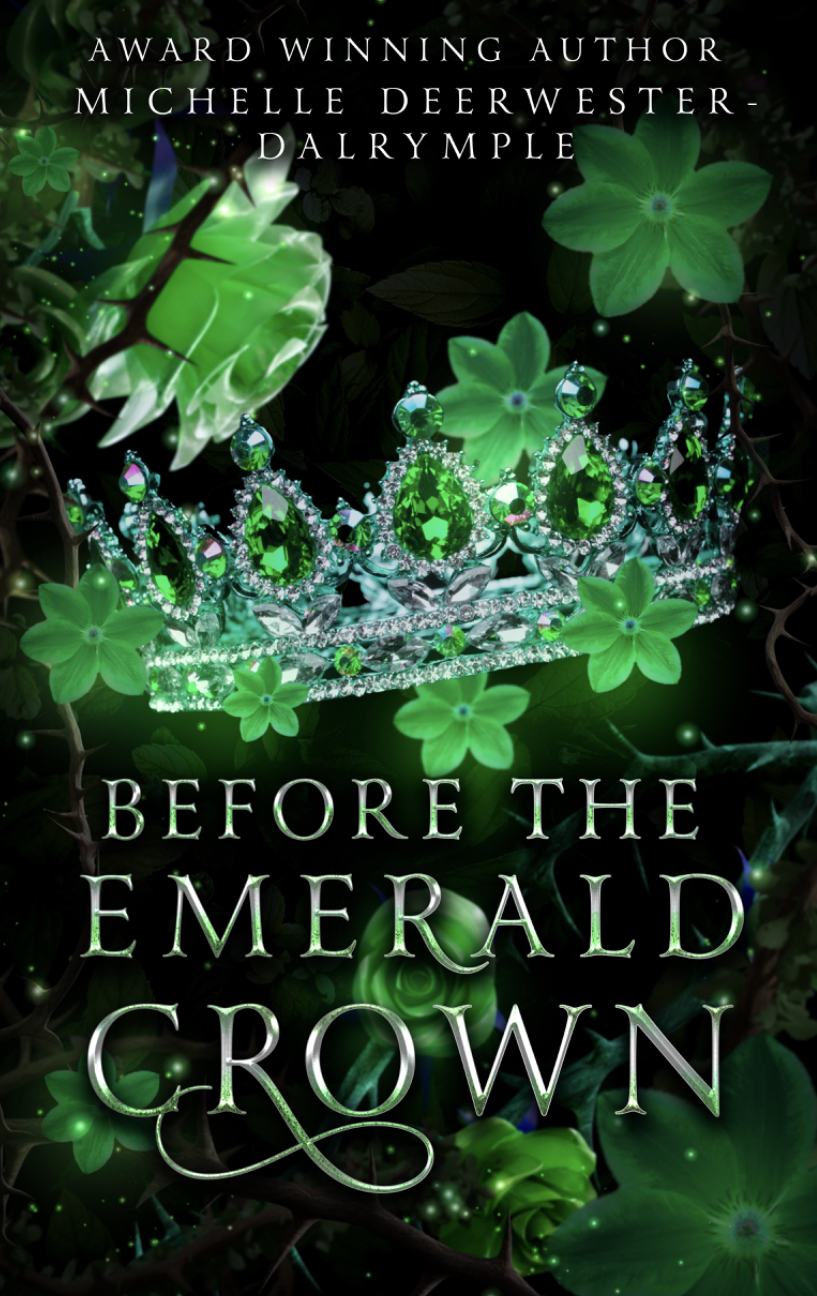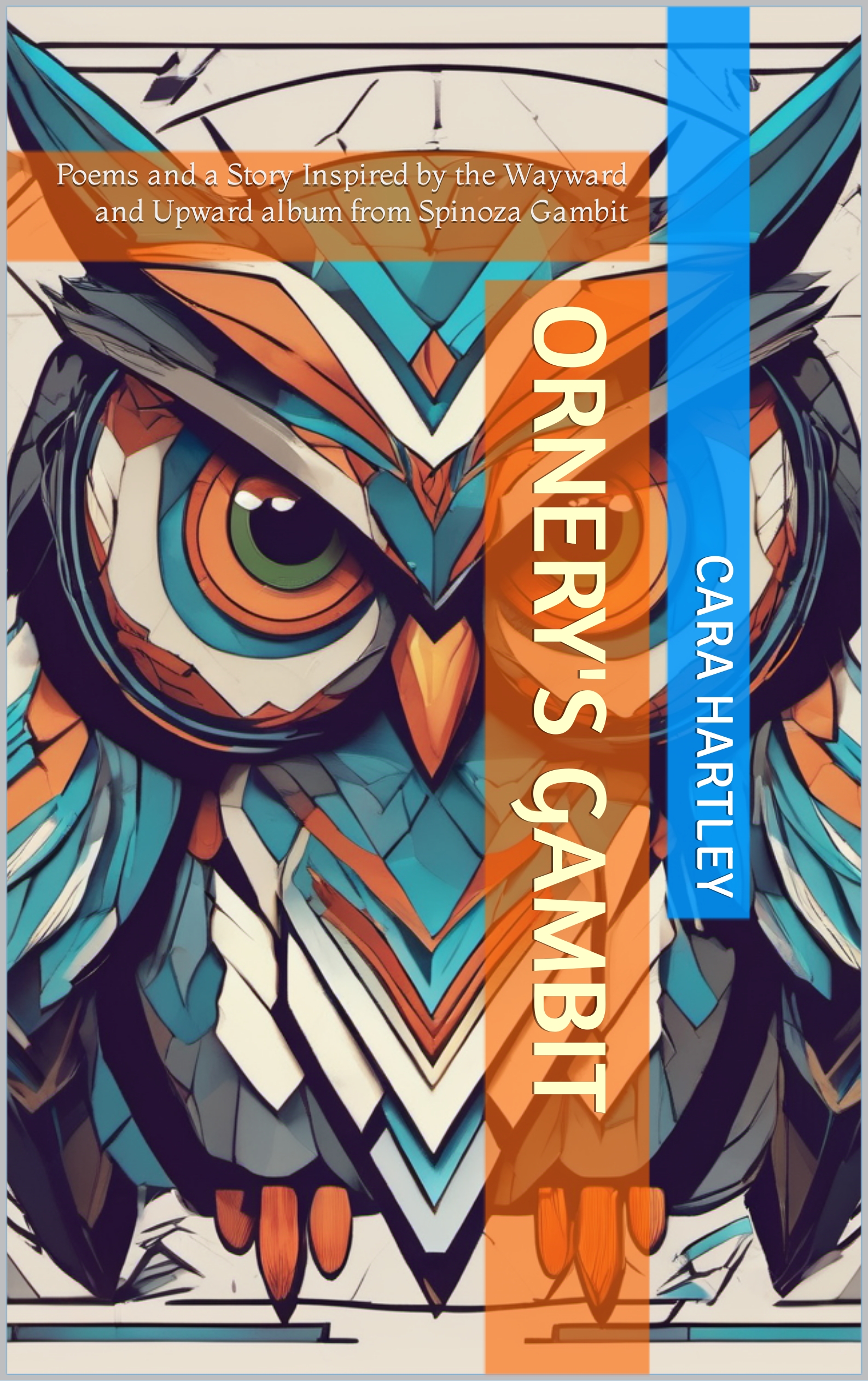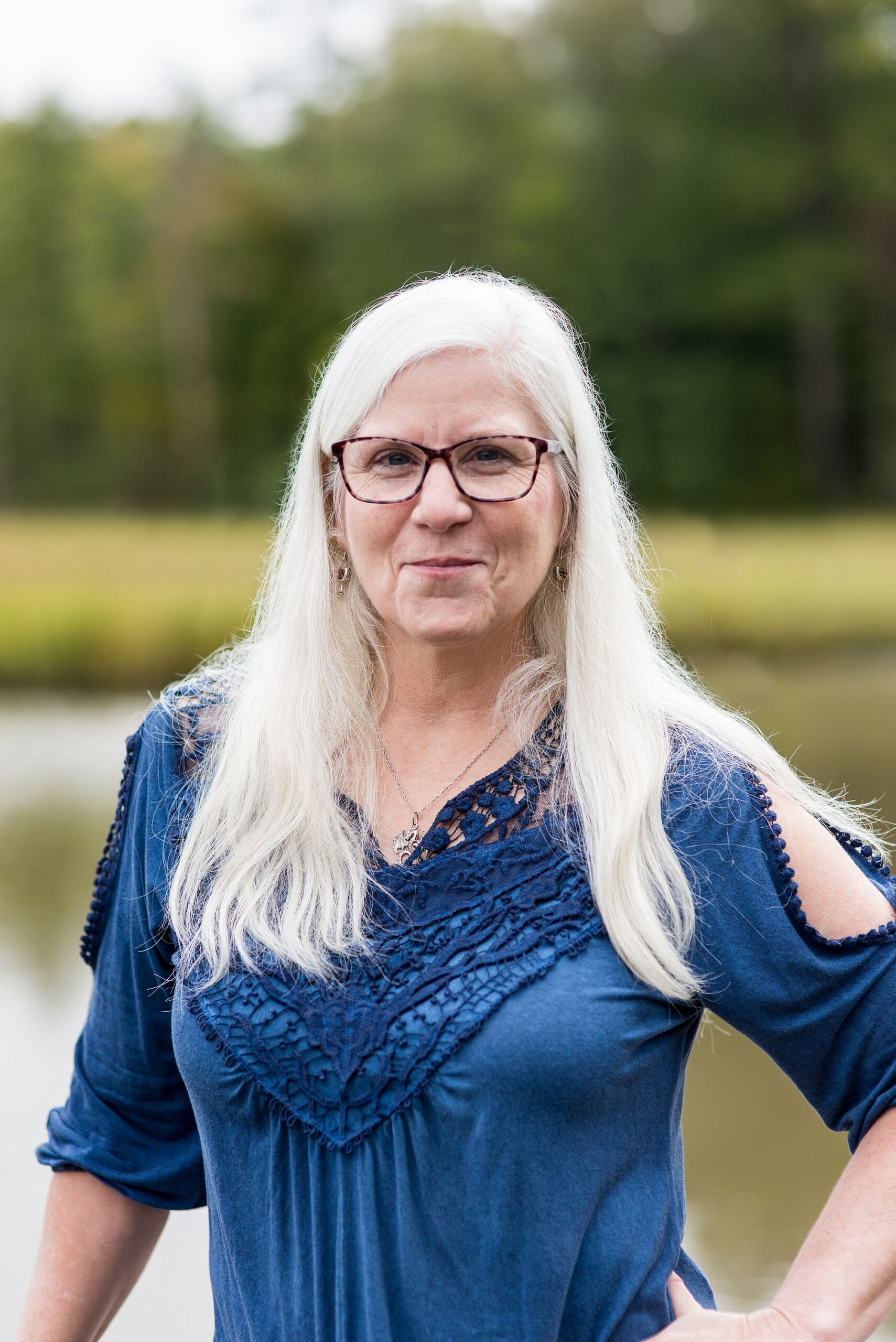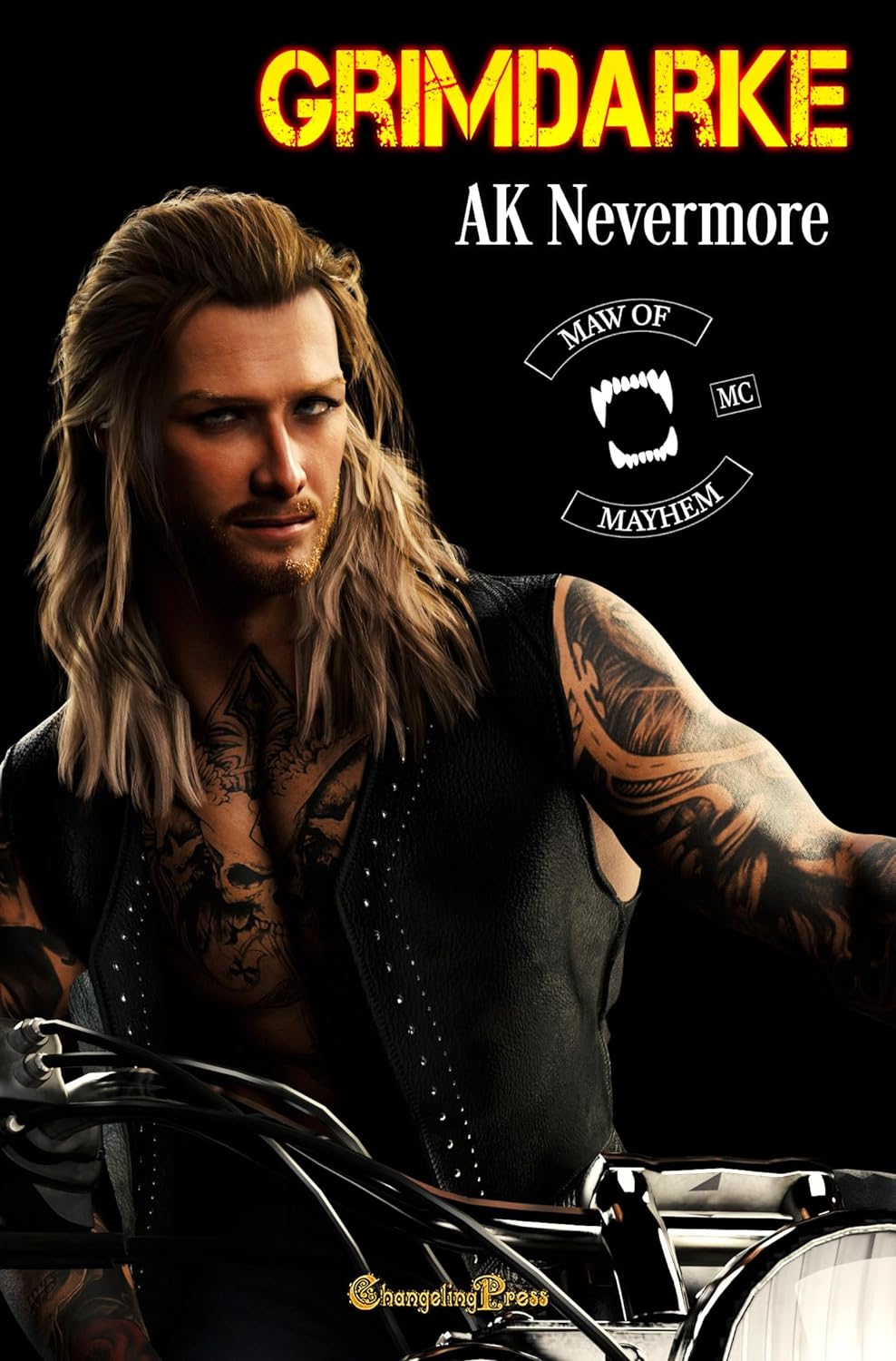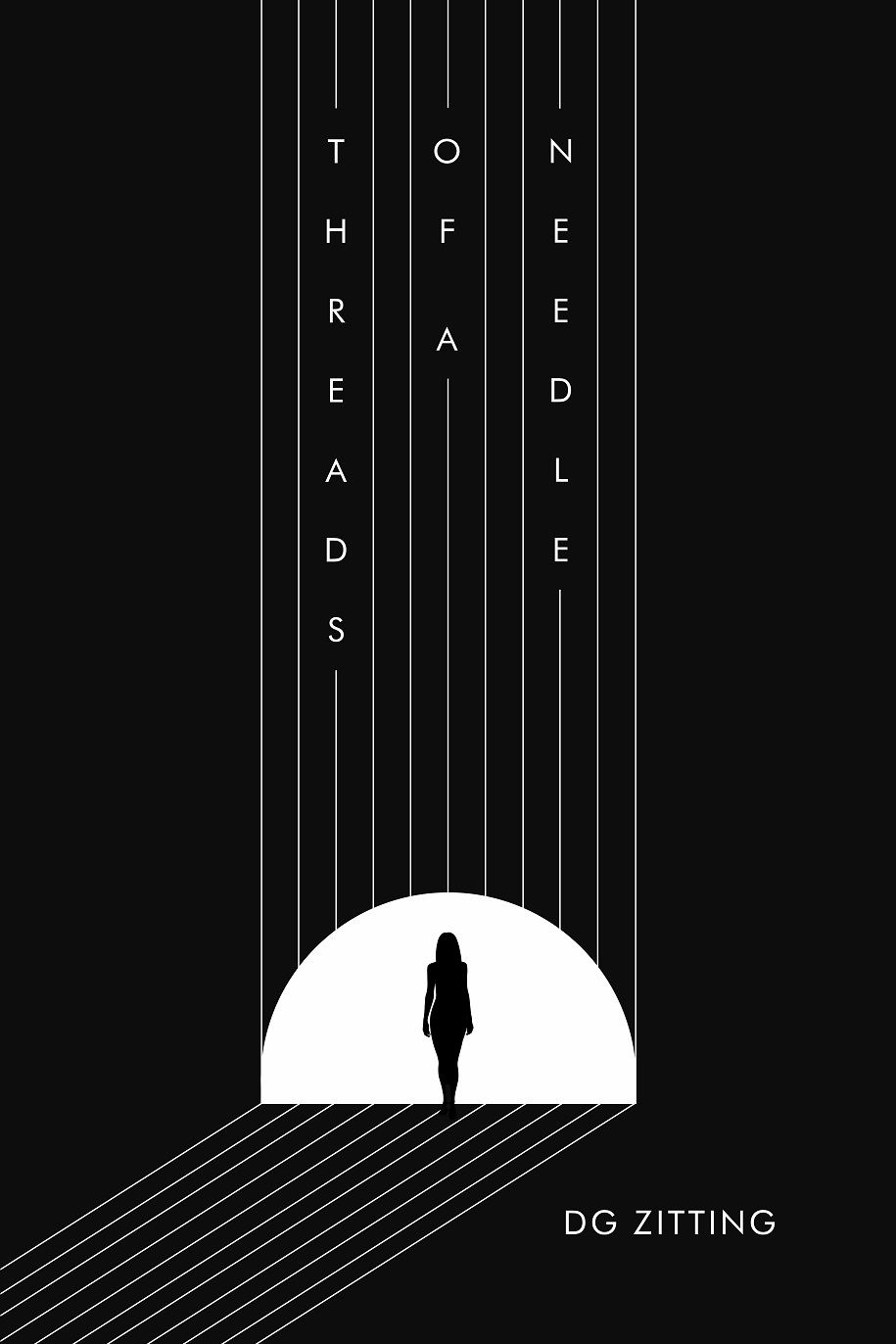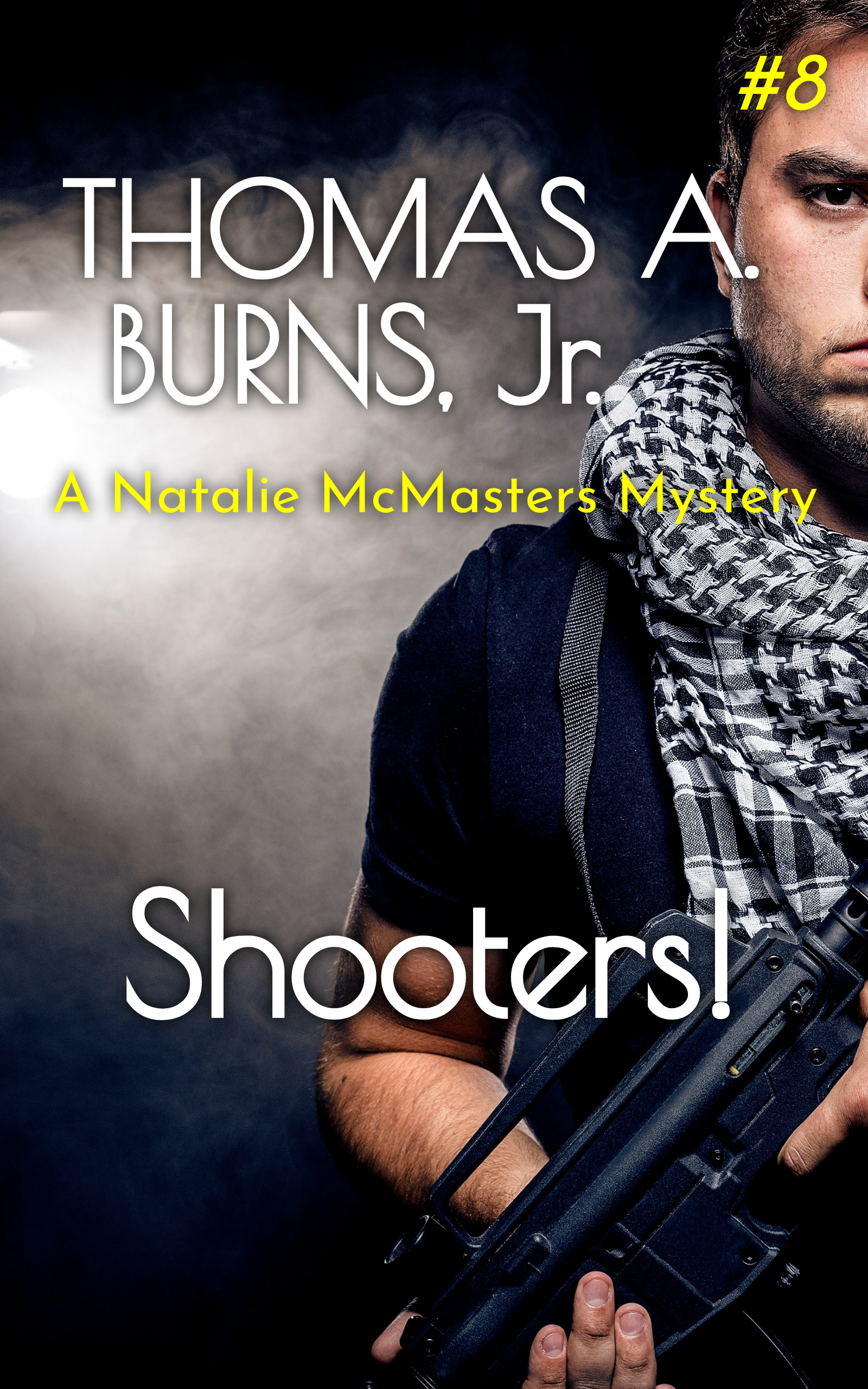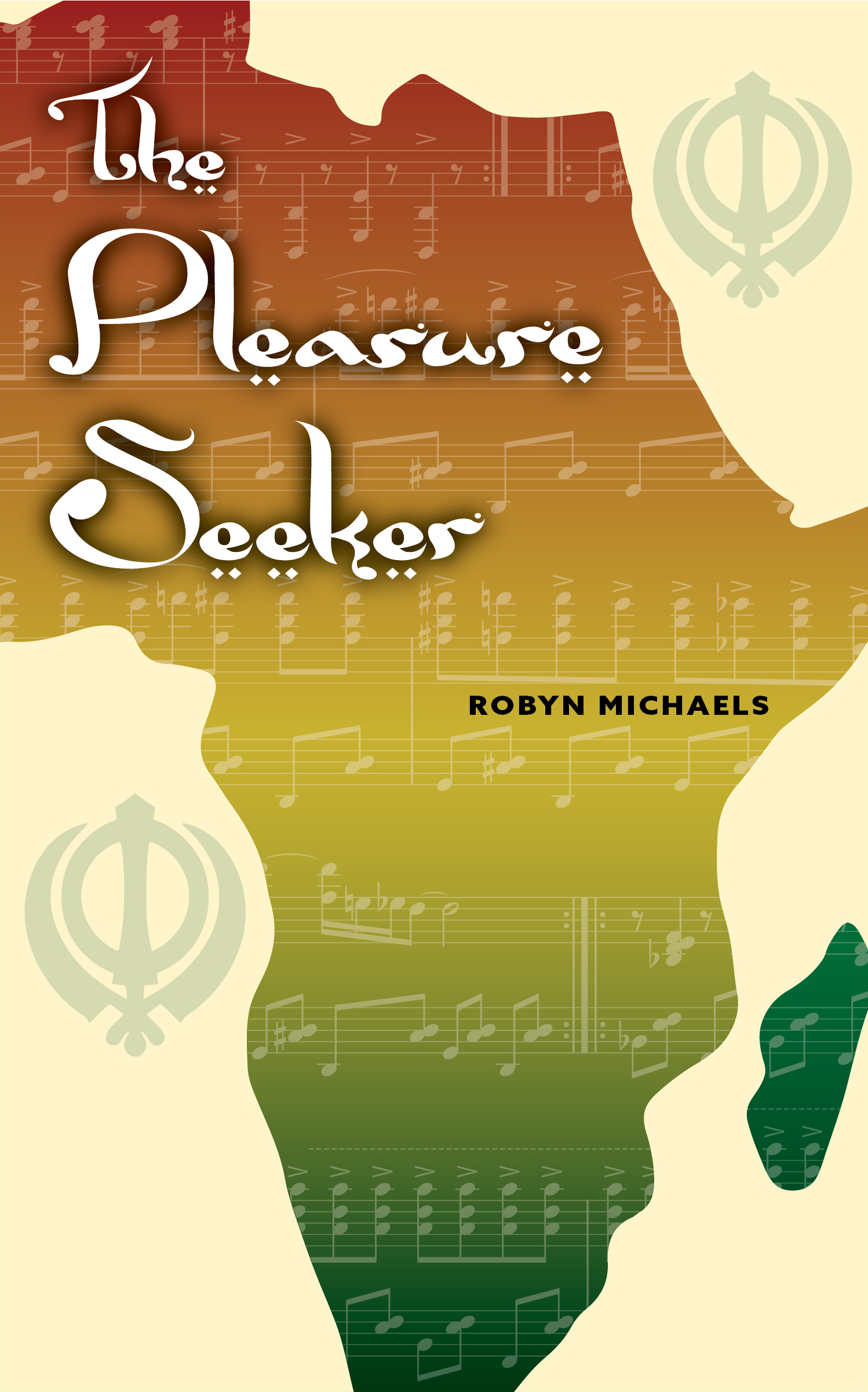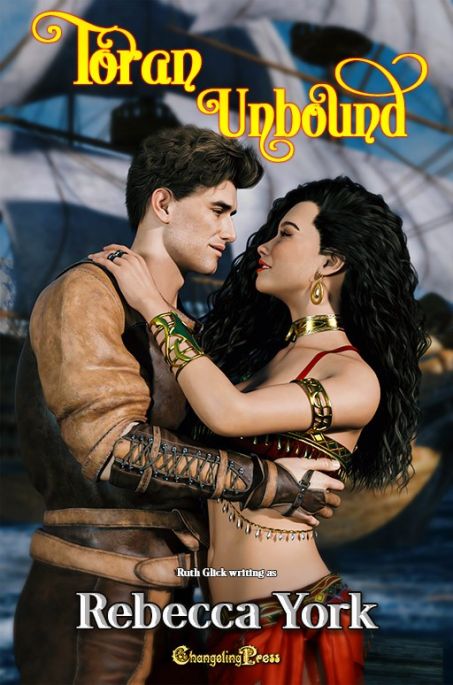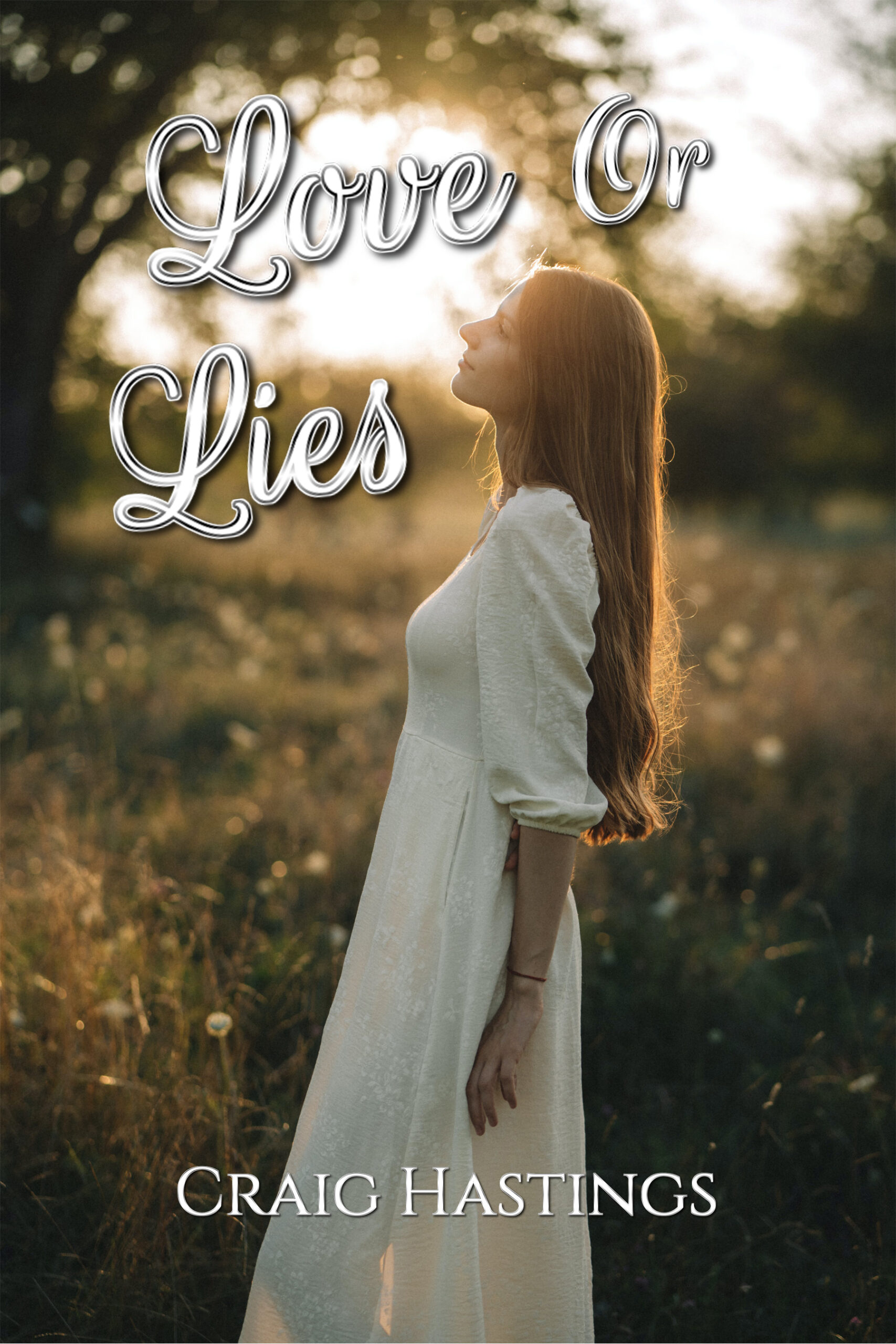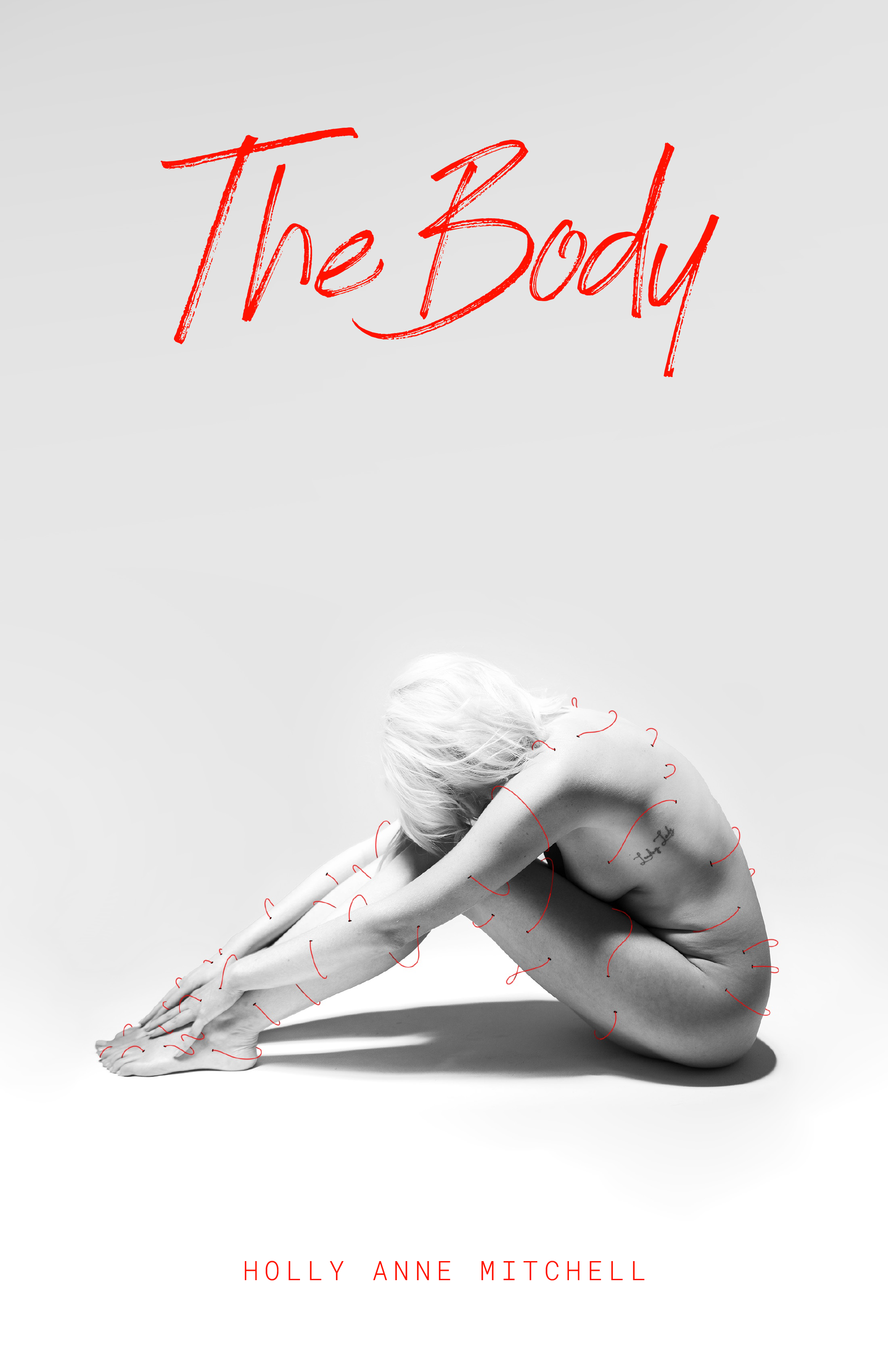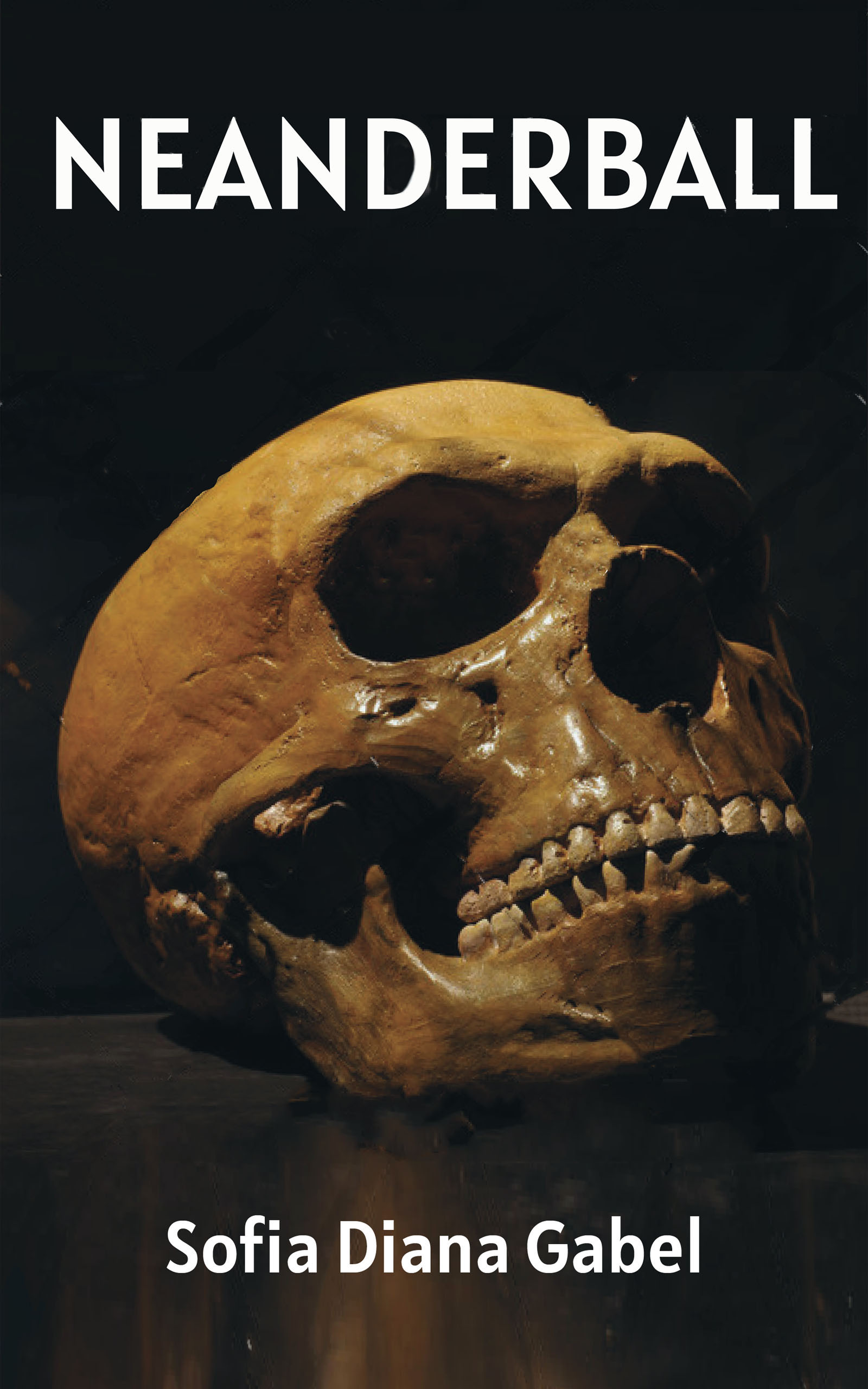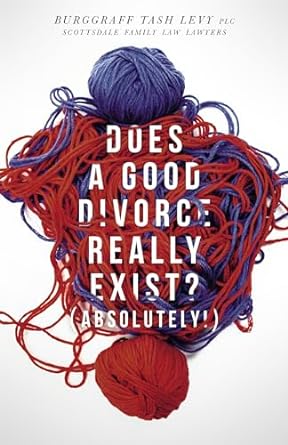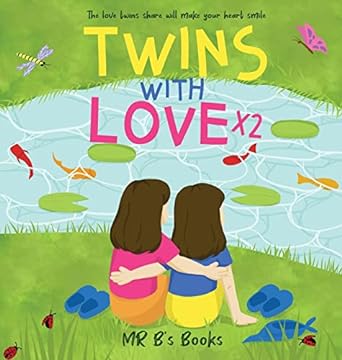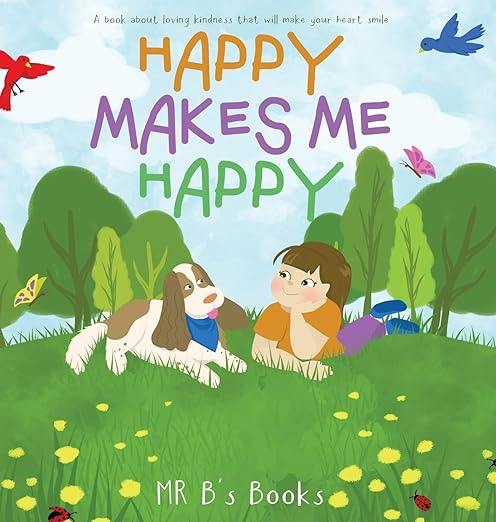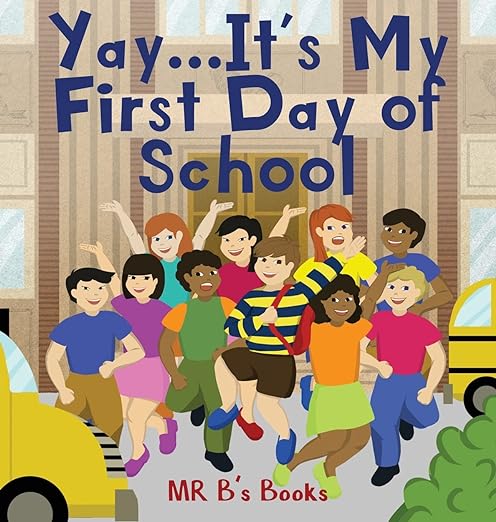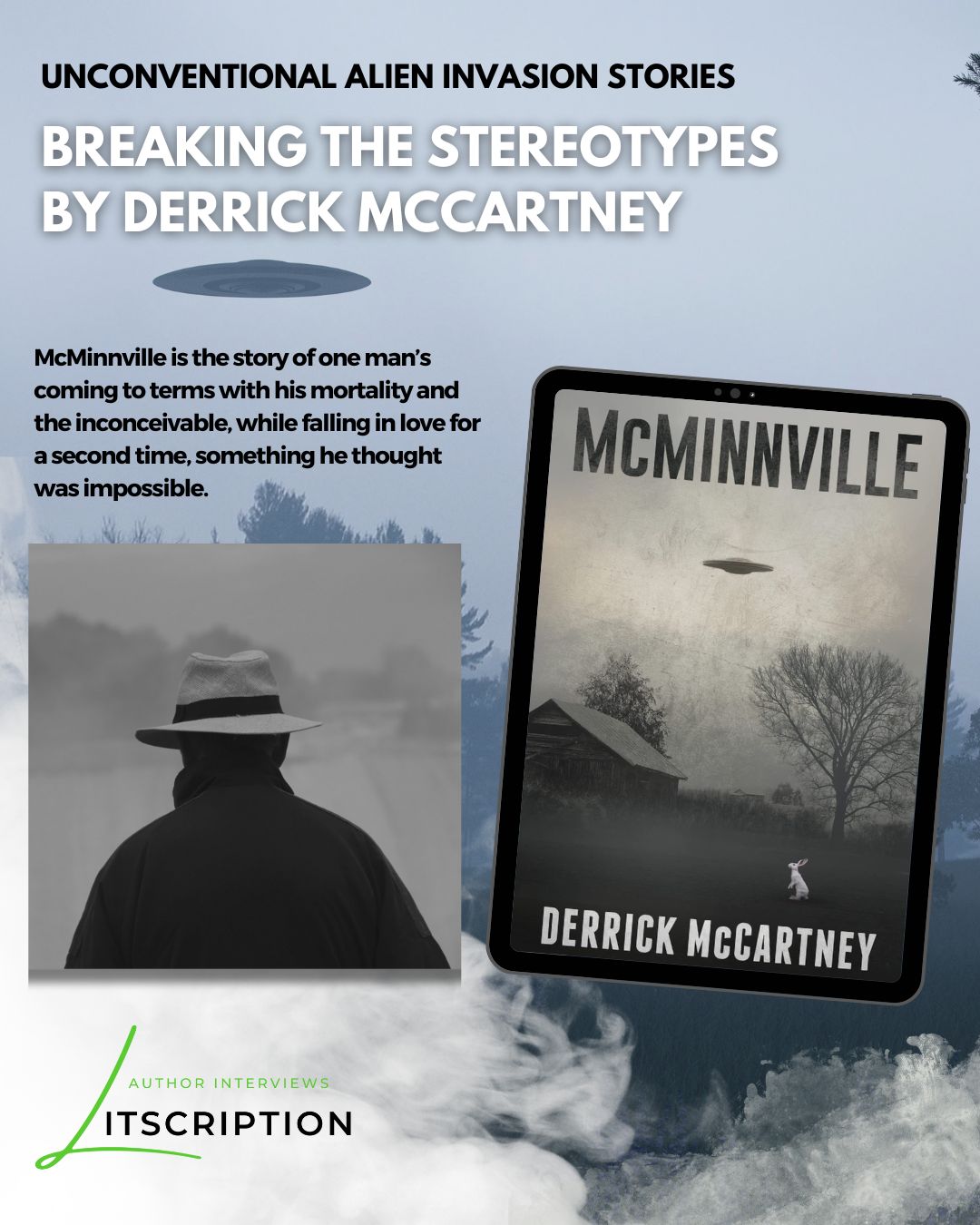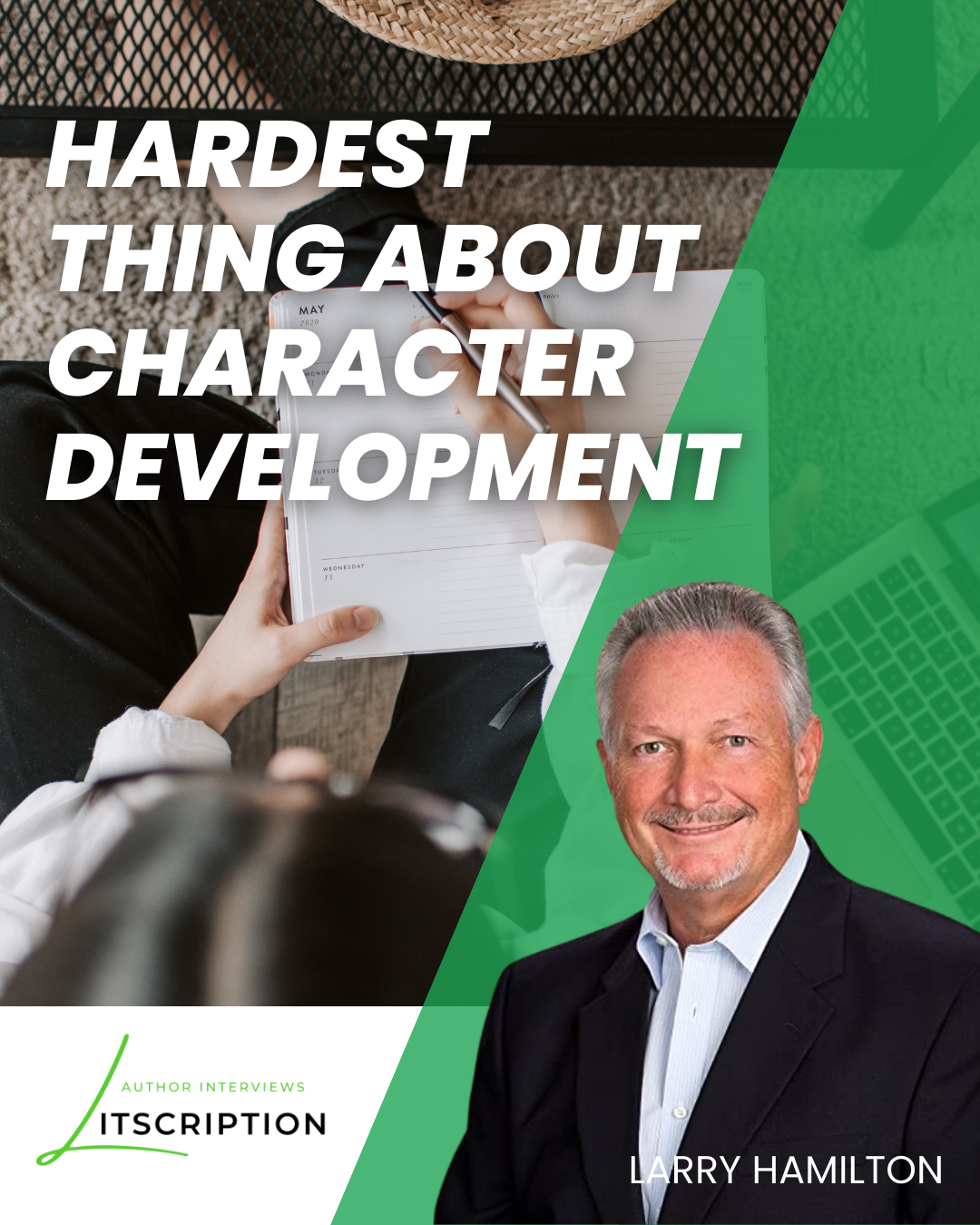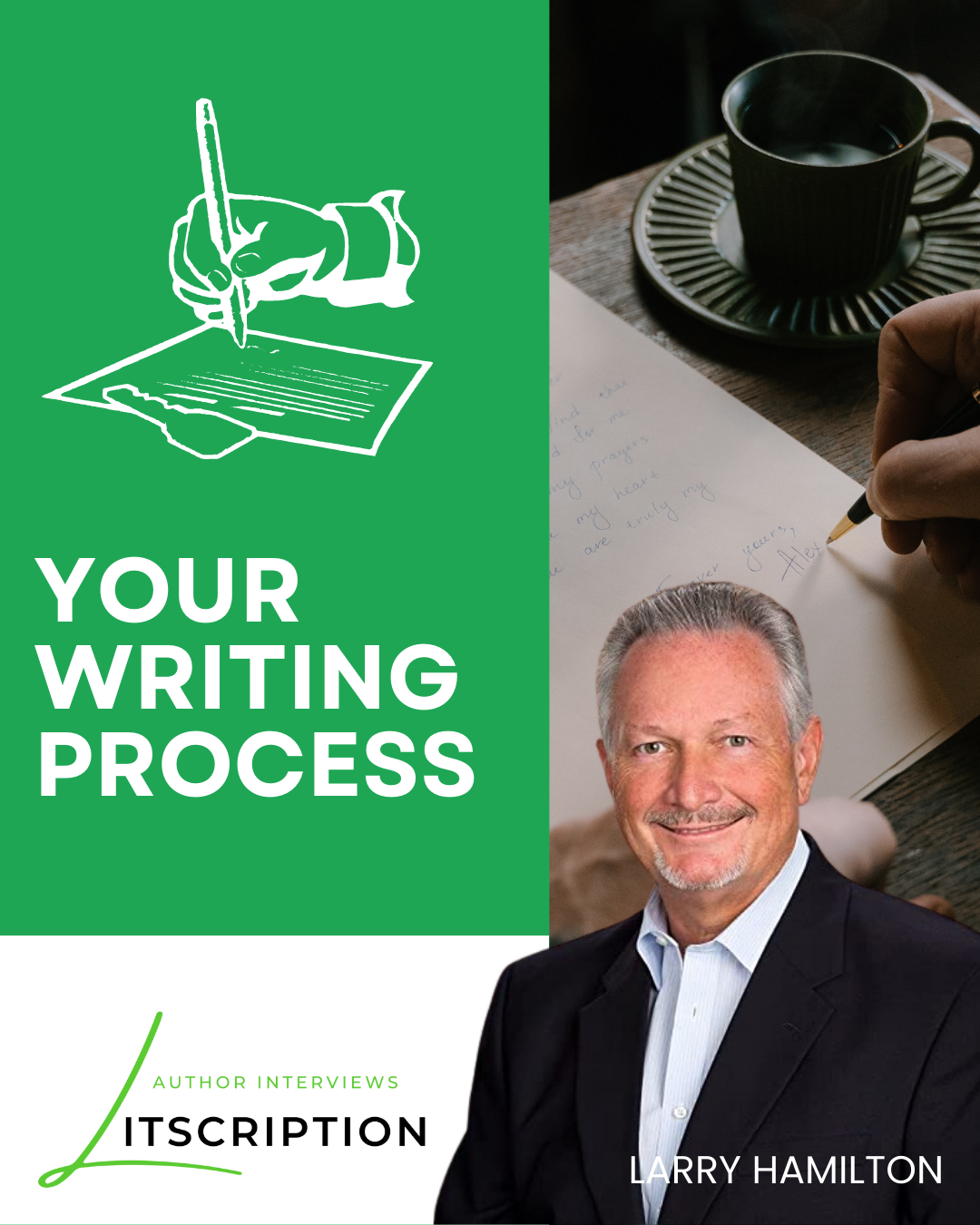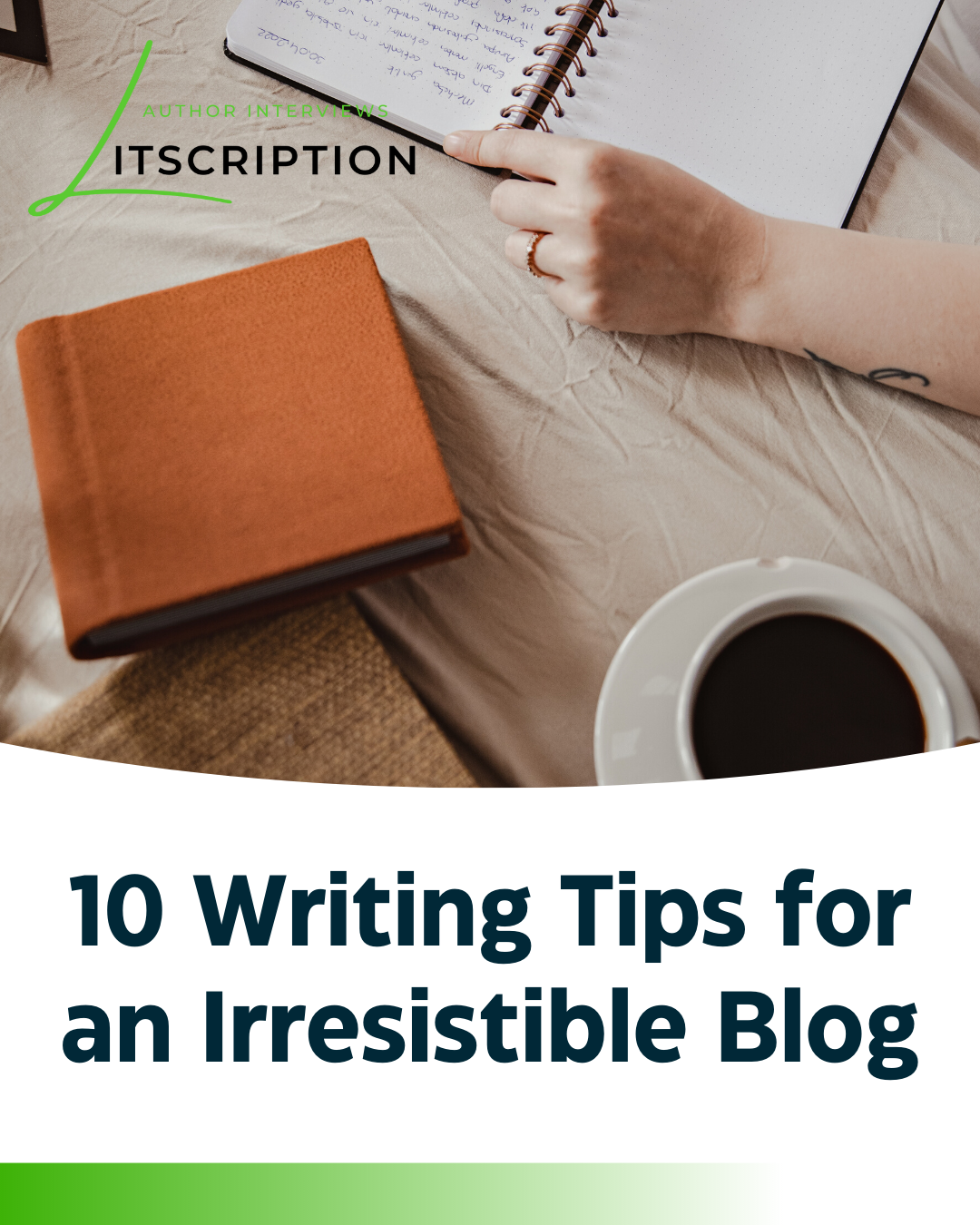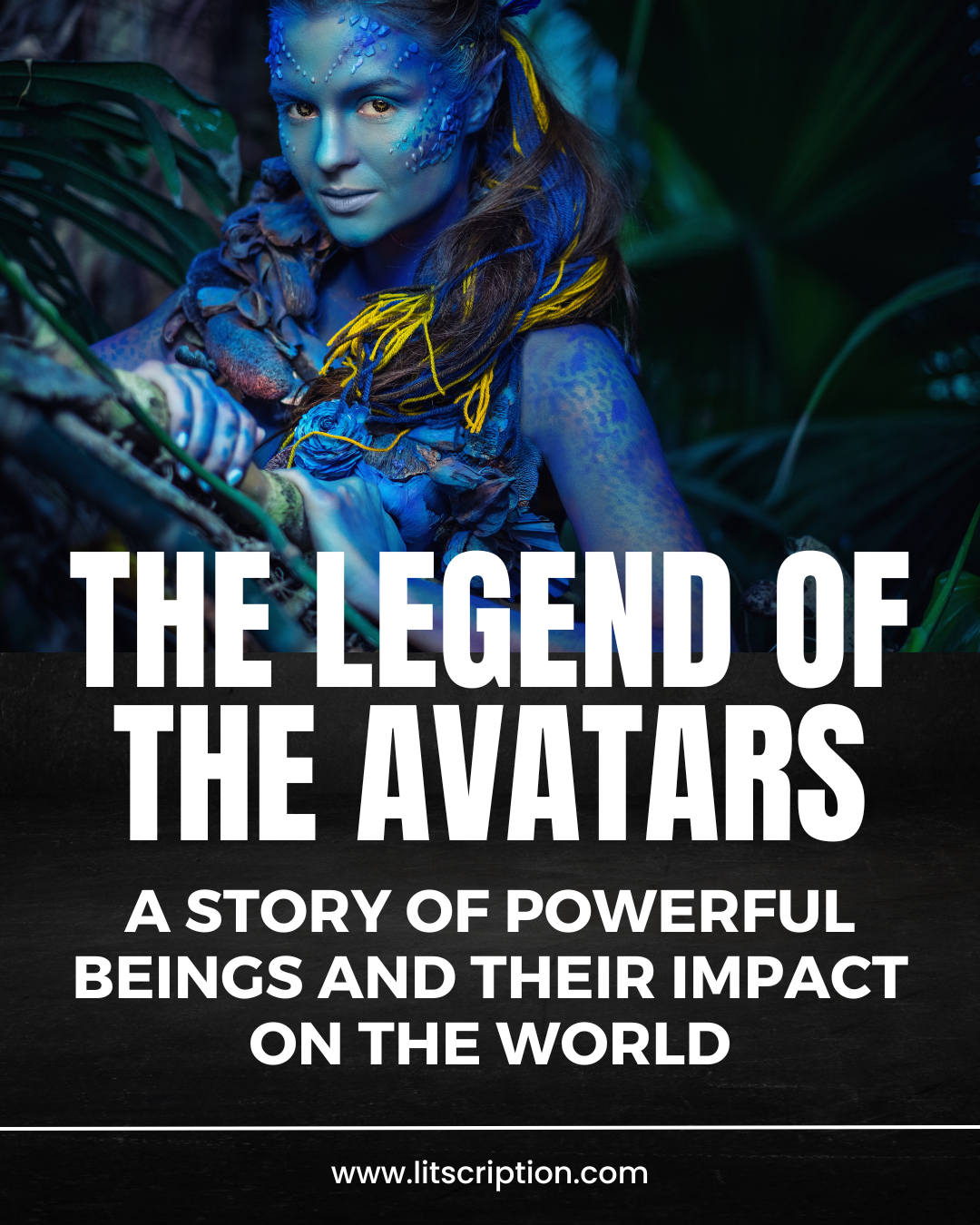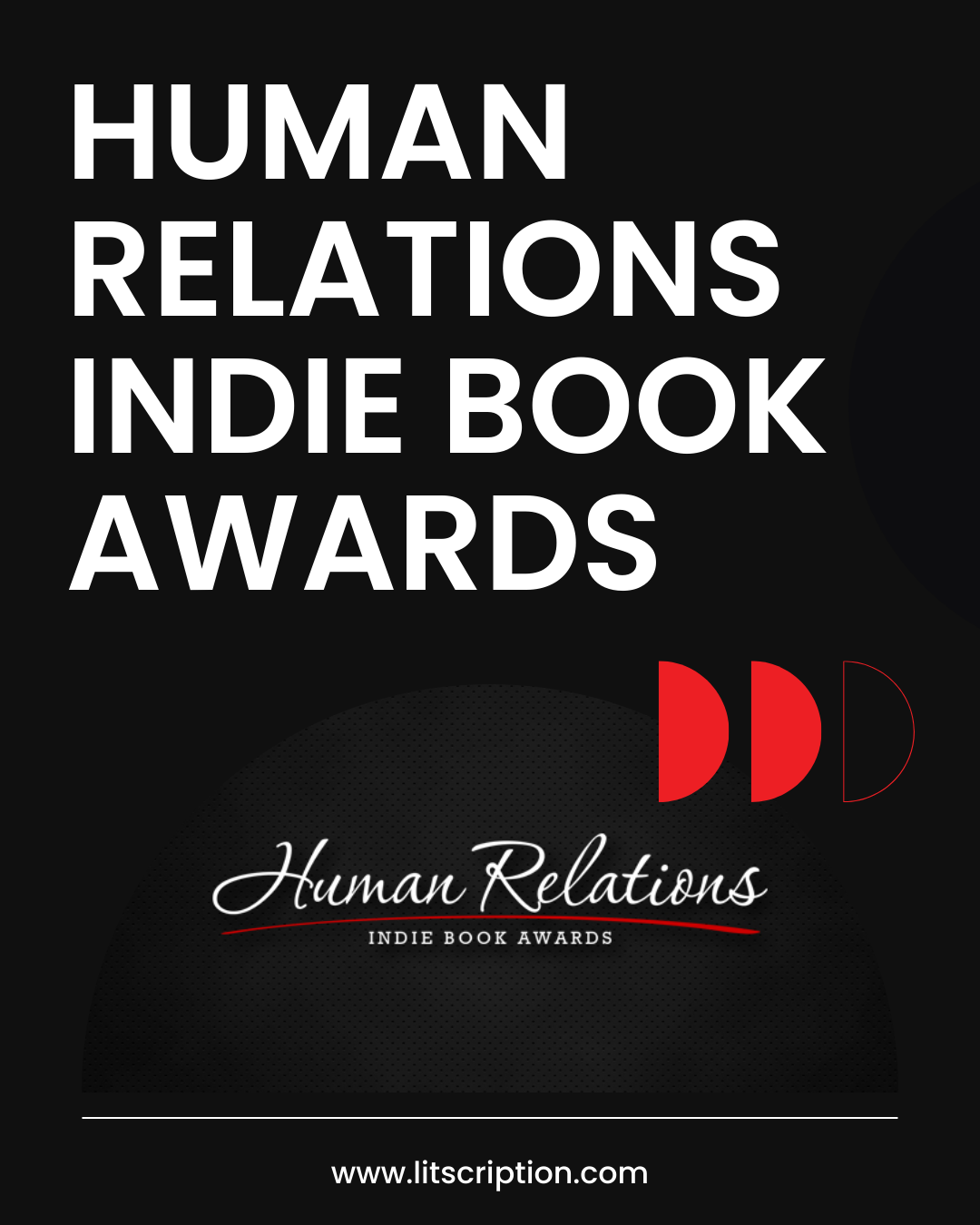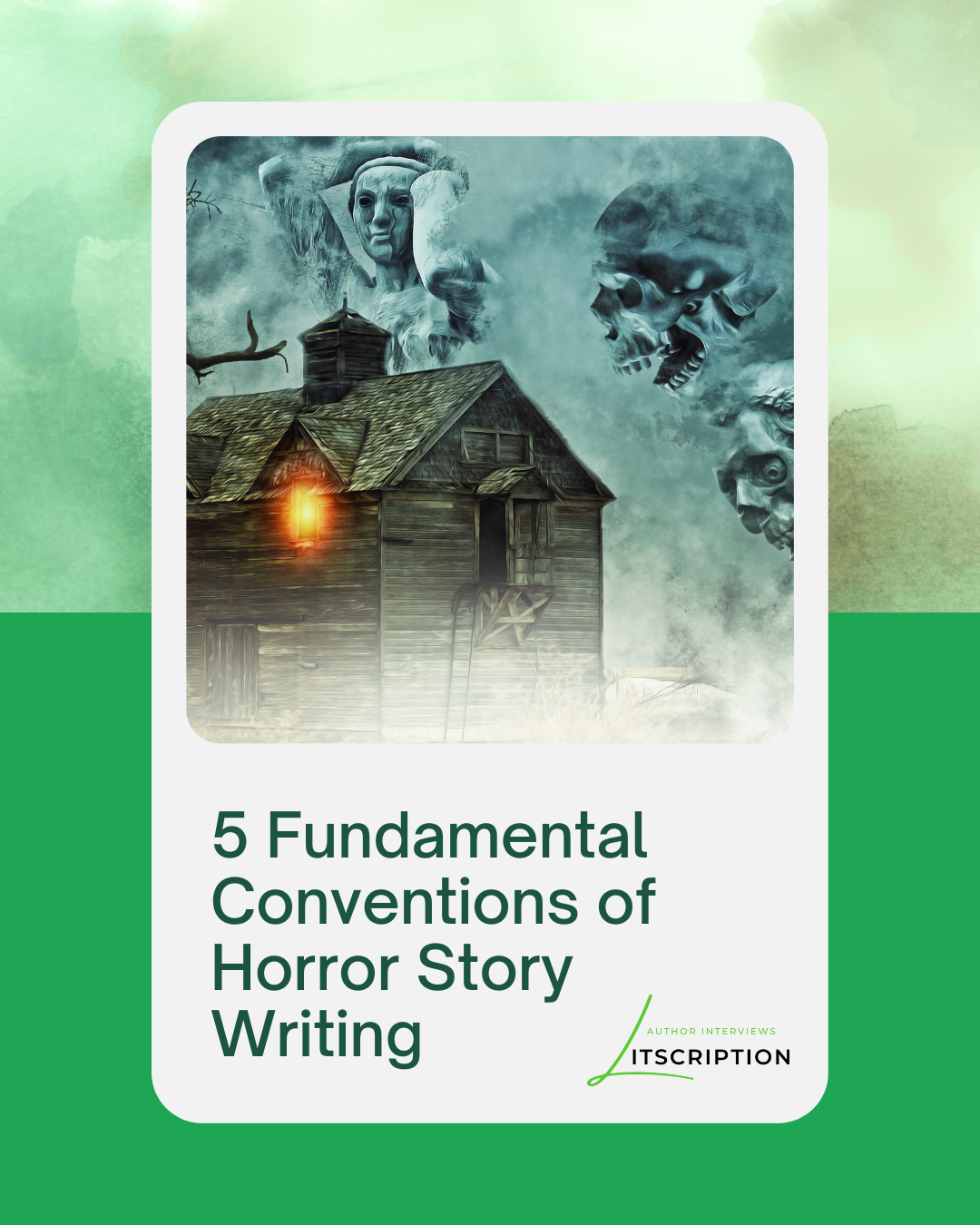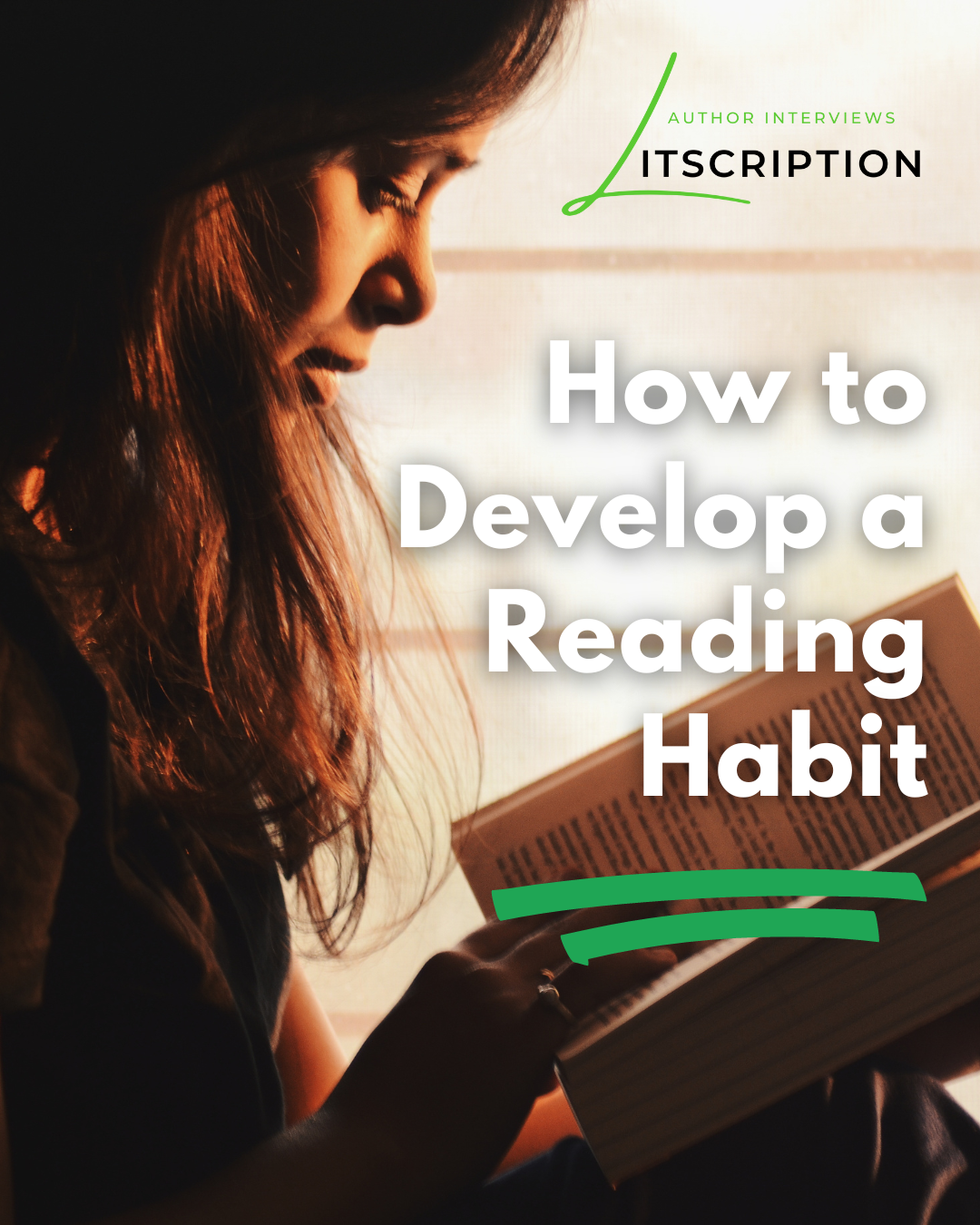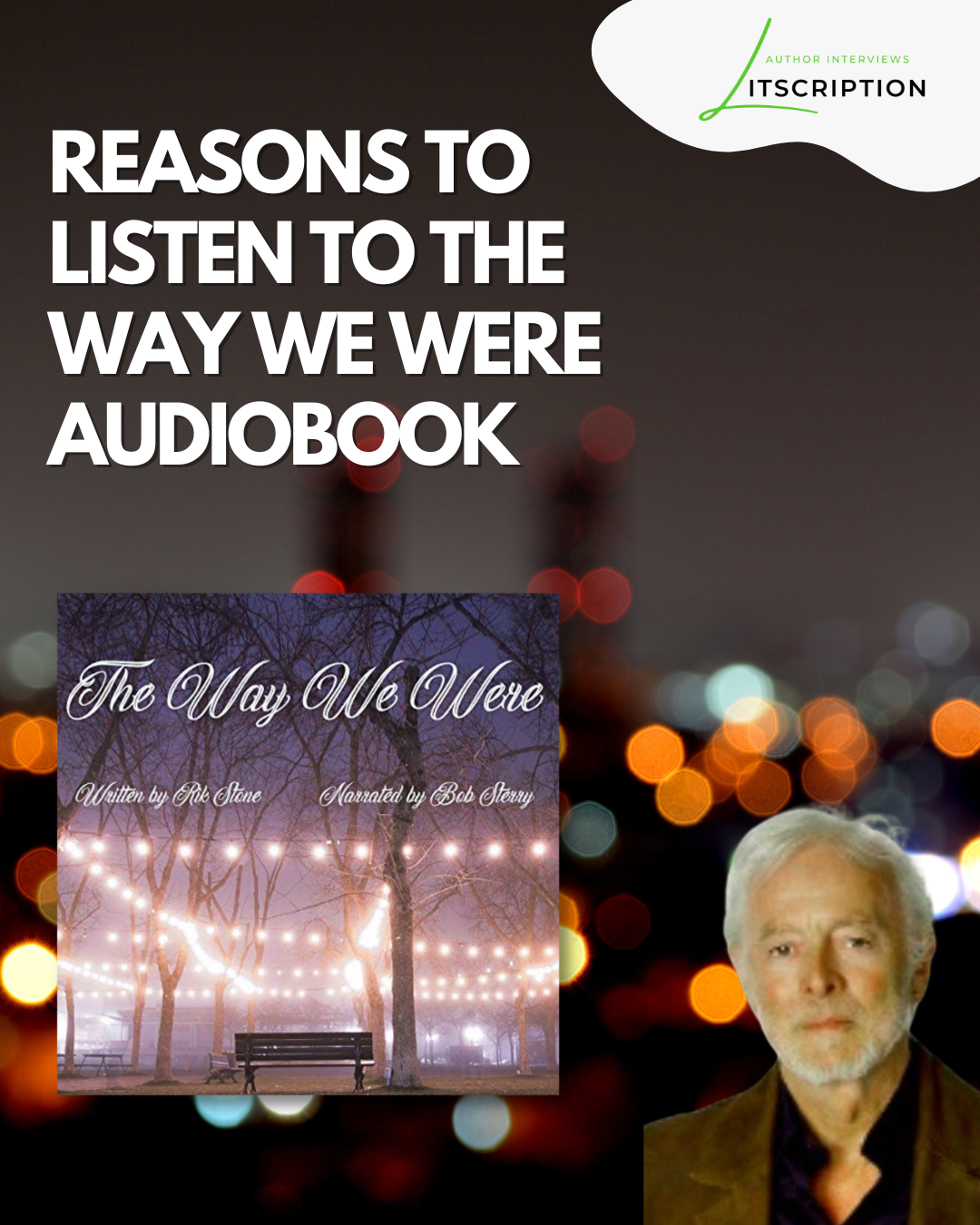Vincent Czyz is an author of many hats. Novels, anthologies, essays and journalism… Czyz has had a hand in a lot of different types of works. His talents have awarded him two fiction fellowships as well as the Eric Hoffer Award for Best in Small Press for his fiction collection. He explores motifs of myth, religion, dreams, and perceptions of the world through his writing. His most recent book, The Christos Mosaic, is one such example of these explorations. Now, in this interview we wish to explore Vincent Czyz’ writing career, to learn more about him and his inspirations.
Favorite quote from your book?
Drew imagined borrowing Zafer’s pistol and emptying the clip into Serafis, “ventilating” him as they would have said in the old gangster movies. The way they’d done to Stephen. Stephen, with his singularly wonderful mind, was dead, but here was this ignorant homunculus selling off the world’s heritage. This gnome, with his house and its palatial pretensions, trafficked in fossils of the human psyche—these clay tablets, ancient manuscripts, and the painted ceramics filling his glass-sheathed shelves.
As a child, what did you want to do when you grew up?
Go into politics. I wanted to change things for the better.
When did you write your first book and how old were you?
I first attempted to write a book at the age of 11. It was a non-fiction book I wanted to call ALL ABOUT JUPITER.
How did you begin writing? Did you intend to become an author, or do you have a specific reason for writing each book?
By the time I was about 14 I was trying to write a fantasy novel that had been inspired by reading THE LORD OF THE RINGS. Eventually I filled several 300-page notebooks, back and front, in longhand. At that point I knew I wanted to write novels although I didn’t have any real hope of doing it for a living.
What would you say is your interesting writing quirk?
When I’m writing well, I write in a trance-like state, which is just a way of saying I try to allow my unconscious to have free play. This sometimes results in characters not only coming up with their own dialogue but hijacking the story.
Do you like to create books for adults, youth and/or children? Why?
I prefer writing for adults because I enjoy sophisticated topics and techniques.
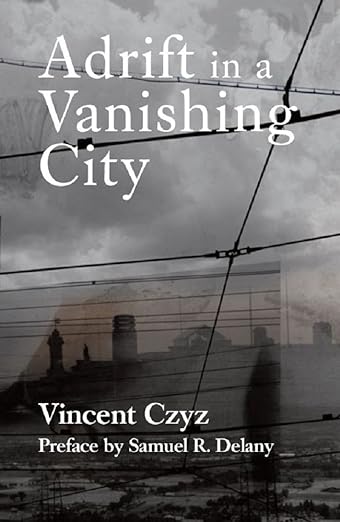 How many books have you written? Which is your favorite?
How many books have you written? Which is your favorite?
I have four completed, two published. My favorite is ADRIFT IN A VANISHING CITY, a collection of short fiction that was meant to be a fusion of poetry and narrative. The style, therefore, is as much a force as the narratives.
How long does it take you to write a book?
It takes a couple of years at least. In my experience, writing is 10% vision and 90% revision.
How many hours a day to you devote to writing? Do you write a draft on paper or at a keyboard (typewriter or computer)?
I don’t have a set routine because, like many writers, I have obligations to a job. When time permits, I write for stretches of two or three hours. I prefer to write in the morning when things are quiet and I’m closer to the dream state I just left when I woke up. Creativity seems better then. I often write on weekends, when I can wake up before my wife and sit at my computer for a couple of hours. I often start stories or novels in a notebook, longhand, and then begin a file. Books that I write are less planned-out projects than organic accretions. The editing process weeds out the junk or restructures the build-up.
What does your family think of your writing?
They are very proud of my accomplishments–I’ve won a number of awards–and also, I think, a bit surprised I’ve stuck it out as long as I have.
What do you like to do when you’re not writing?
Travel, read (fiction, history, philosophy), bike.
What do you think makes a good story?
A story of cosmic irony, such as THE GREAT GATSBY or The Monkey’s Paw, in which the very thing the hero strives for destroys him or her.
What was one of the most surprising things you learned in creating/writing your books?
How many times I can revise the same paragraph without quite getting it right.
What authors do you like to read? What book or books have had a strong influence on you or your writing?
Samuel R. Delany’s DHALGREN, Paul West’s THE PLACE IN FLOWERS WHERE POLLEN RESTS, William Gaddis’s THE RECOGNITIONS, Julio Cortazar’s HOPSCOTCH, Milan Kundera’s THE UNBEARABLE LIGHTNESS OF BEING, William Gass’s THE TUNNEL, Jayne Anne Phillips’s BLACK TICKETS, Louise Erdrich’s LOVE MEDICINE, N. Scott Momaday’s HOUSE MADE OF DAWN
Do you hear from your readers much? What kinds of things do they say?
Surprisingly, yes. I often hear from people who bought the book without having heard of me and wound up reading it in a matter of days or even hours. This has happened with both books. A few people consider the short story collection an absolute favorite book.
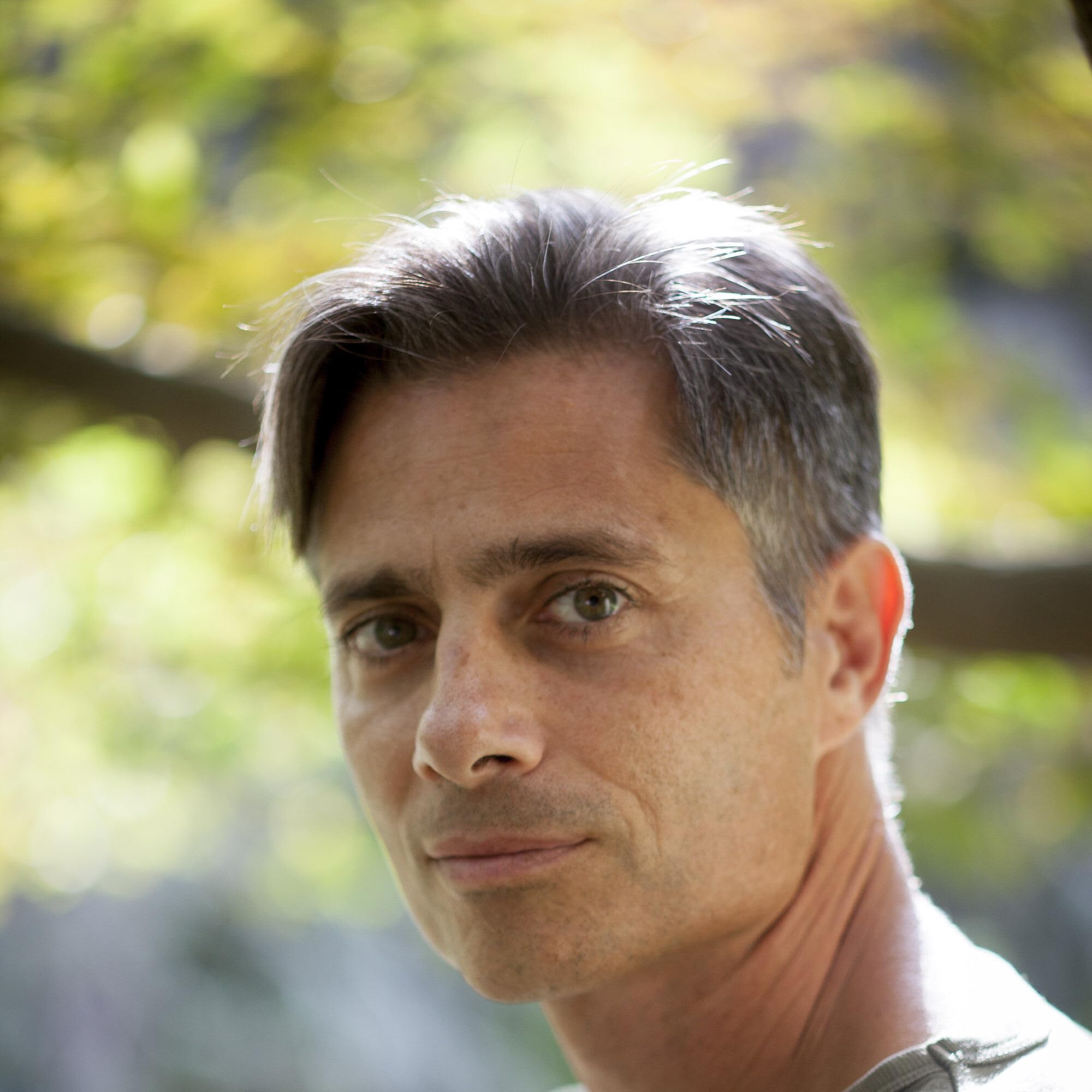 Where do you get your information or ideas for your books?
Where do you get your information or ideas for your books?
I really don’t have to look. I actually have more than I can possibly write.
Do you have any suggestions to help one become a better writer? If so, what are they?
Write every chance you get. If you find you’d rather watch tv or tidy up the house or go shopping or you often find yourself putting it off, writing is probably not for you.
Do you meet your readers at book signings, conventions, or similar events?
Of course. Yesterday I met Charles Baxter, a multiply awarded author who was also a finalist for the National Book Award.
Tell us about your most recent book.
THE CHRISTOS MOSAIC is a deeply researched, intellectual thriller that is heavy on plot but does not neglect character: Ancient scrolls hold the key to the origins of Christianity―but some will stop at nothing to hide the truth. A suspicious death in Istanbul leaves one ancient scroll and clues to finding another in the hands of Drew Korchula, a thirty-two-year-old American expat, a Turkish dwarf named Kadir, and Zafer, a Special Forces washout. Drew is desperate to turn everything over to the academic community, and in the process redeem himself in the eyes of his estranged wife, but Kadir and Zafer are only interested in what they can get for the scrolls on the black market. Not everyone wants to see the scrolls go public, however, and some will stop at nothing to protect the Church and believers around the world from the revelations embodied in the priceless manuscripts.
What’s more important: characters or plot?
Aristotle says plot. I say characters.
How do books get published?
Through an agent nowadays.
Do you write every single day?
No.
Ballpoint, uniball or fountain pen?
Ballpoint.
Any writing rituals?
I smoke cigarette-sized cigars while I write.
What’s the worst job you’ve had?
A bar-tending job with 15-hour shifts and no breaks (illegal, yes, but I needed the job)
Tell us some more about your books.
An action-packed intellectual thriller unraveling the mystery of a theological cold case more than two thousand years old, The Christos Mosaic is a monumental work of biblical research wrapped in a story of love, faith, human frailty, friendship, and forgiveness. The novel takes the reader through the backstreets of Istanbul, Antakya (ancient Antioch), and Cairo, to clandestine negotiations with wealthy antiquities smugglers and ruthless soldiers of fortune, to dusty Egyptian monasteries, on a nautical skirmish off the coast of Alexandria, and finally to the ruins of Constantine’s palace buried deep beneath the streets of present-day Istanbul.
Neither a traditional collection of short stories nor a novel, ADRIFT IN A VANISHING CITY is an unguided tour through a landscape of obsessive love, down dead-end streets marked by the invisible graffiti of the lives lost in them, to cities such as Budapest, Berlin and Paris. In this book, space and time become so malleable echoes of the destruction of Sodom and Gomorrah whisper beneath the summer moon as it arcs over the fields in Kansas, bringing the reader to the understanding that everything is a part of the moment on which we stand overlooking our lives—the moment we call now.
Are you planning to adapt any of your stories to the screen?
Yes, The Christos Mosaic.
How hard is it to establish and maintain a career in writing?
Extremely.
Any last thoughts for our readers?
Thank the miraculous cosmos we live in for you–READERS!
I created a literary Zen koan: Instant book–just add reader.
Without you, authors don’t exist. And if you are an author you must–simply must–be an avid reader as well. You simply cannot write well without reading the works of other authors. You should always be in the middle of a book or three.
Find the Author
The Christos Mosaic
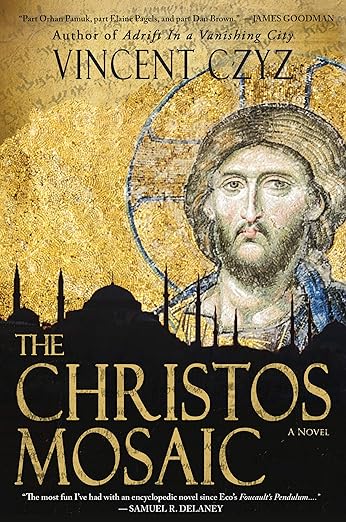 A #1 BESTSELLER IN KINDLE HISTORICAL THRILLERS
A #1 BESTSELLER IN KINDLE HISTORICAL THRILLERS
Ancient scrolls hold the key to the origins of Christianity—but some will stop at nothing to hide the truth
A suspicious death in Istanbul leaves one ancient scroll and clues to finding another in the hands of Drew Korchula, a thirty-two-year-old American expat, a Turkish dwarf named Kadir, and Zafer, a Special Forces washout. Drew is desperate to turn everything over to the academic community, and in the process redeem himself in the eyes of his estranged wife, but Kadir and Zafer are only interested in what they can get for the scrolls on the black market.
Not everyone wants to see the scrolls go public, however, and some will stop at nothing to protect the Church and believers around the world from the revelations embodied in the priceless manuscripts.
An action-packed intellectual thriller unraveling the mystery of a theological cold case more than two thousand years old, The Christos Mosaic is a monumental work of biblical research wrapped in a story of love, faith, human frailty, friendship, and forgiveness. Author Vincent Czyz takes the reader through the backstreets of Istanbul, Antakya (ancient Antioch), and Cairo, to clandestine negotiations with wealthy antiquities smugglers and ruthless soldiers of fortune, to dusty Egyptian monasteries, on a nautical skirmish off the coast of Alexandria, and finally to the ruins of Constantine’s palace buried deep beneath the streets of present-day Istanbul.
